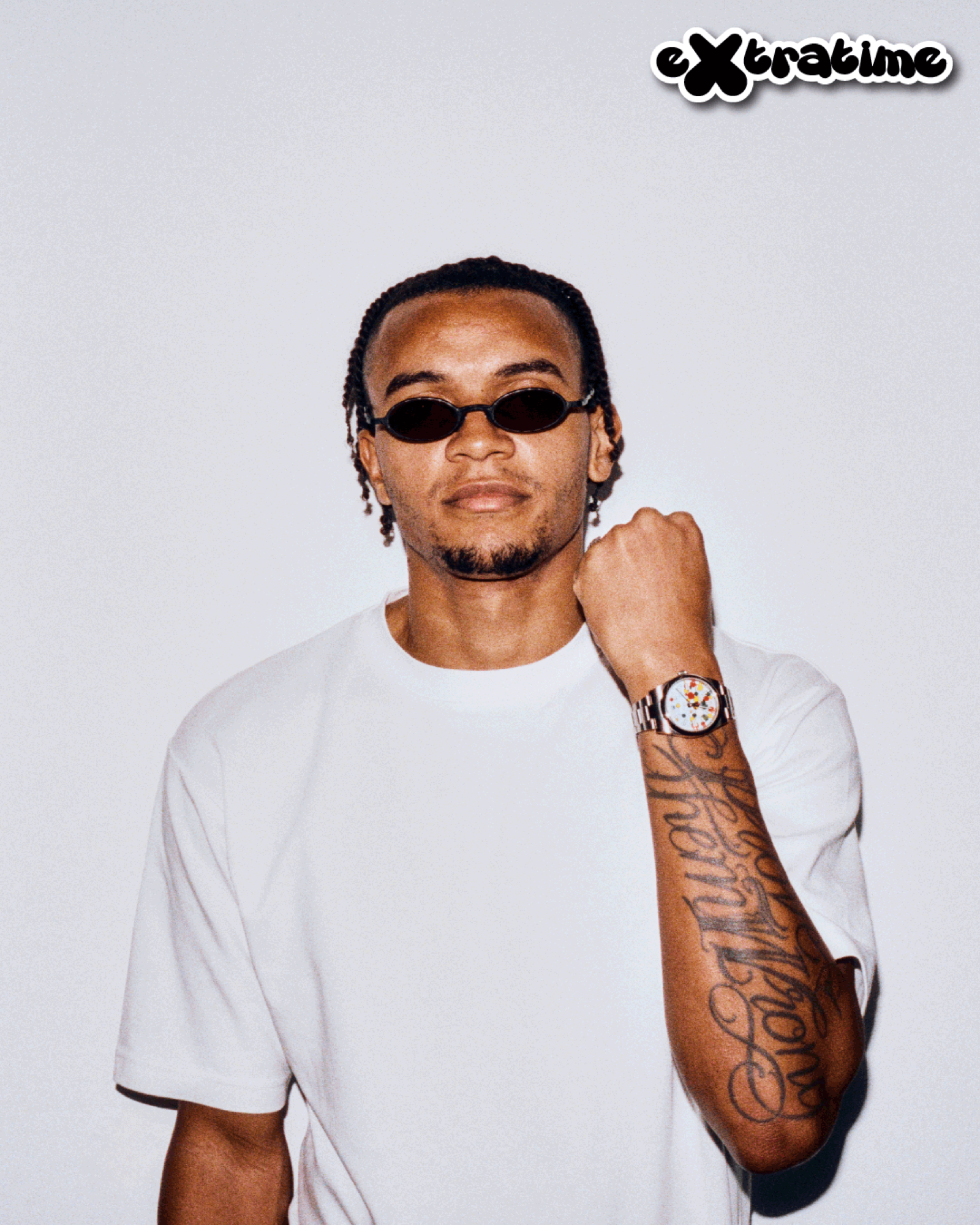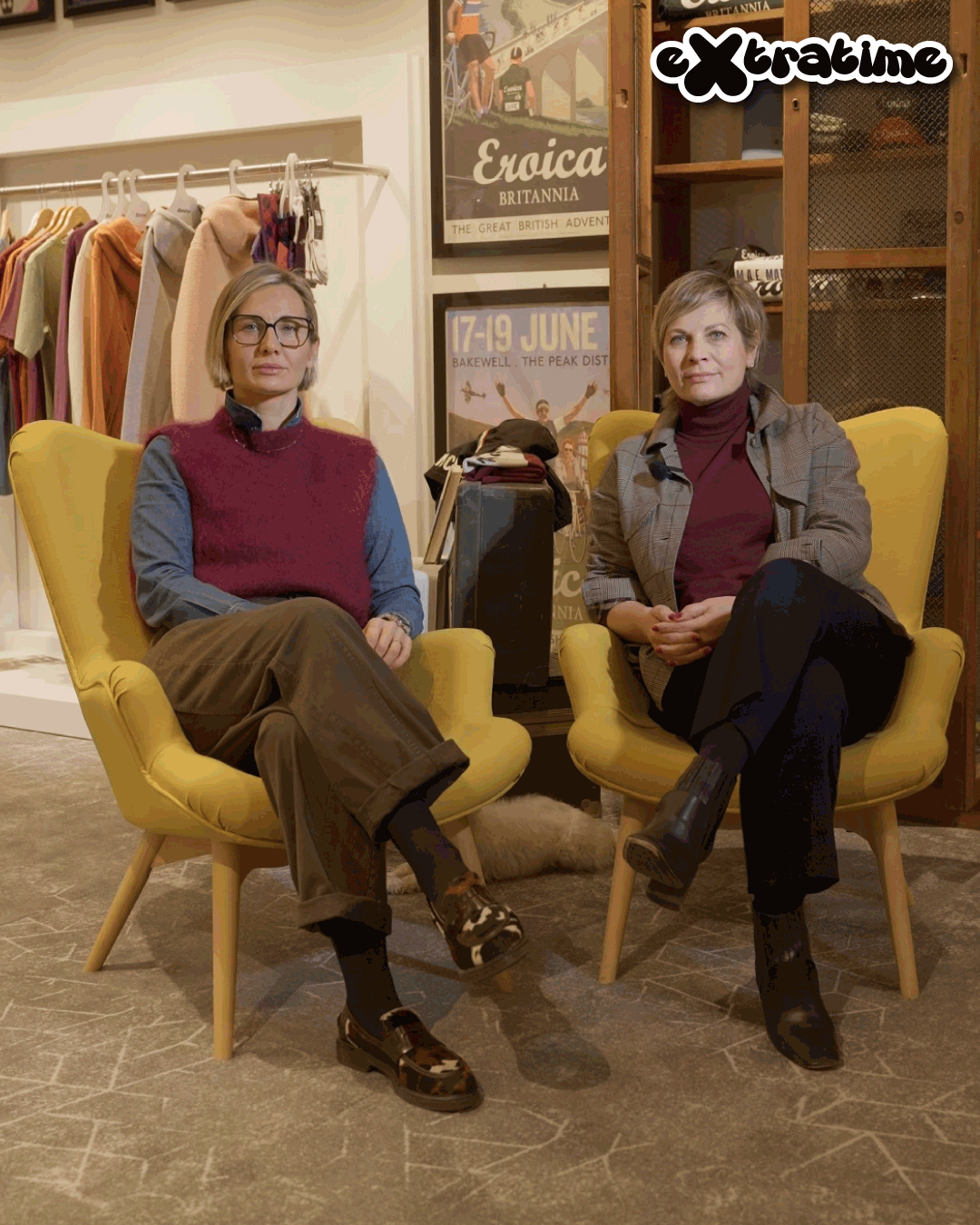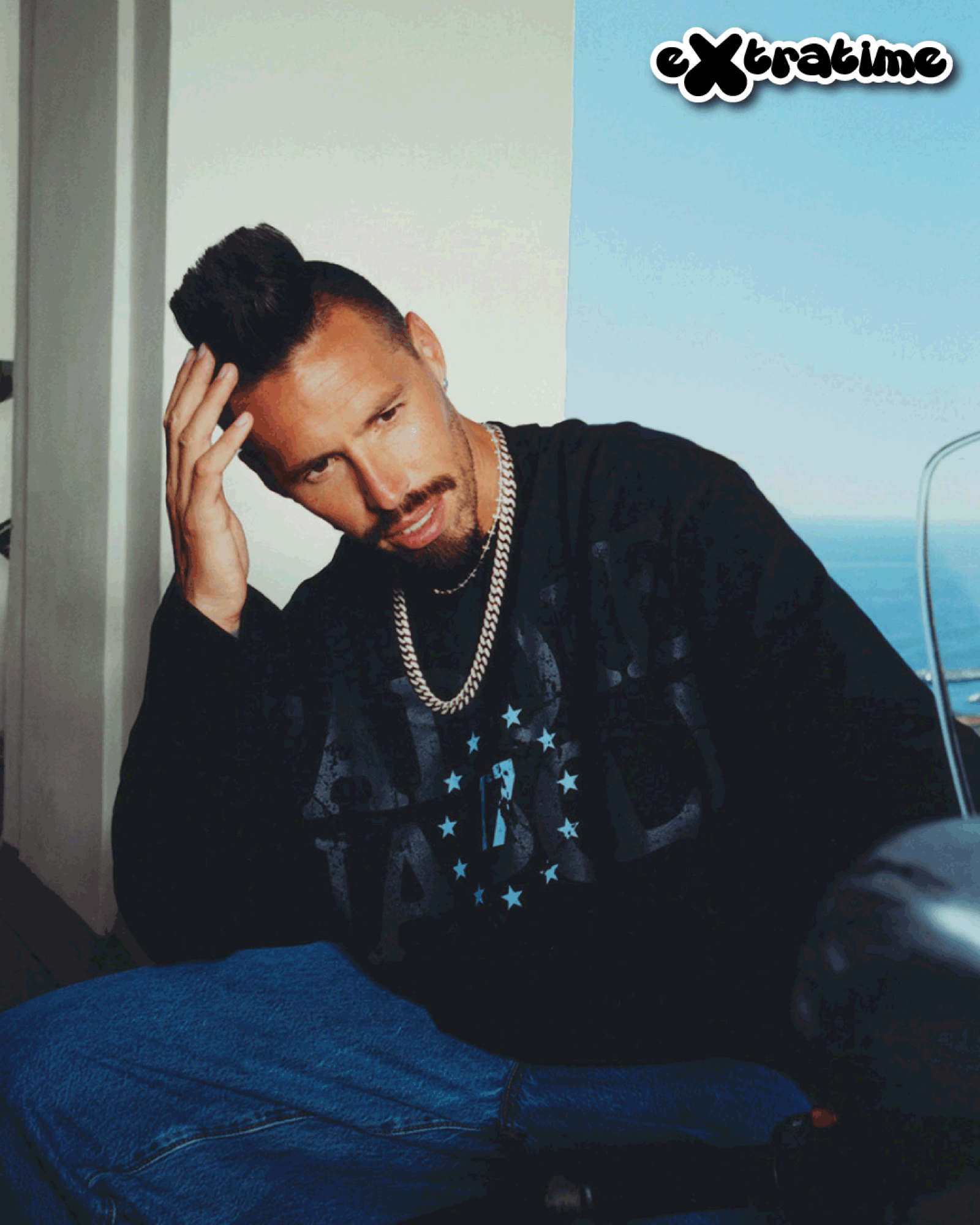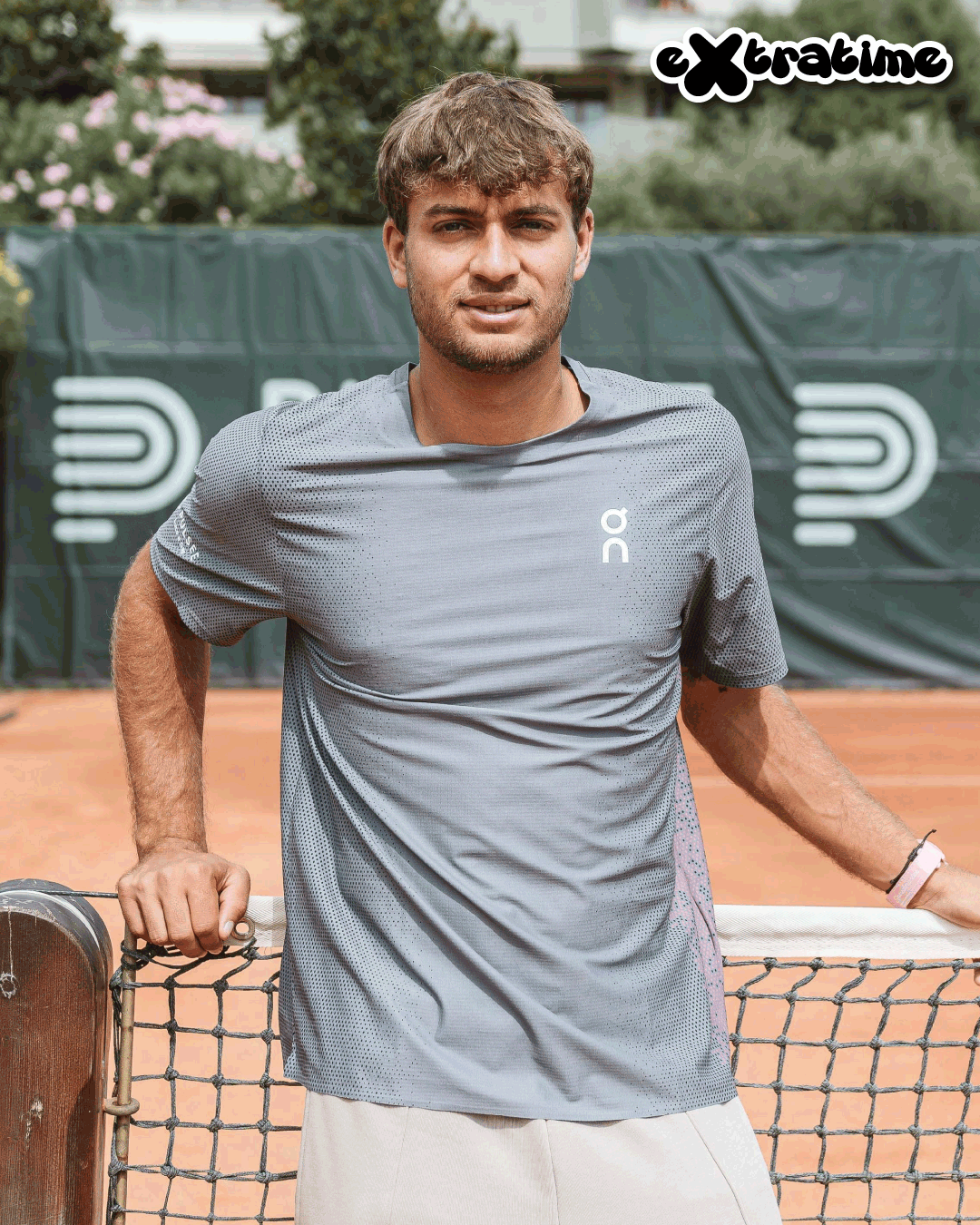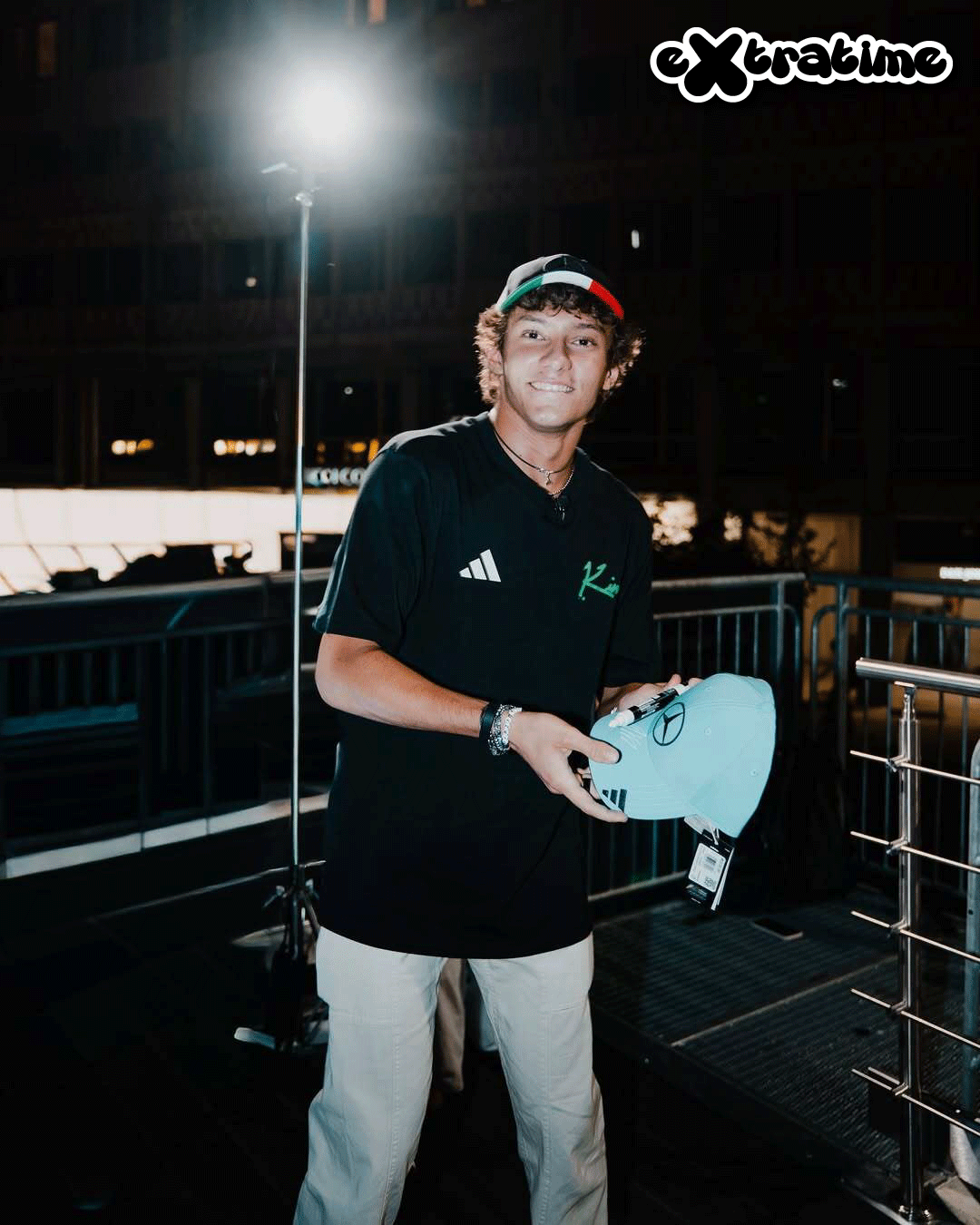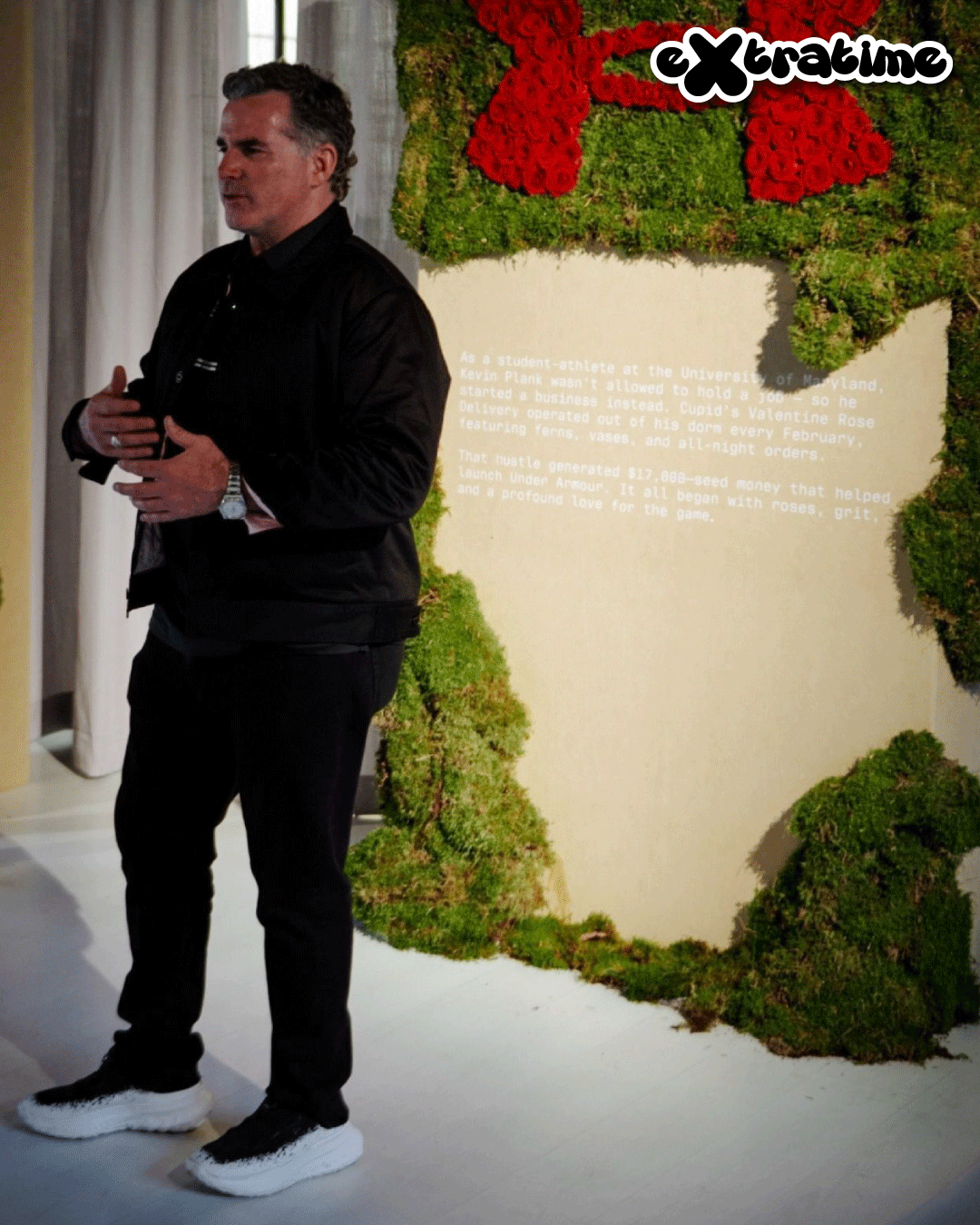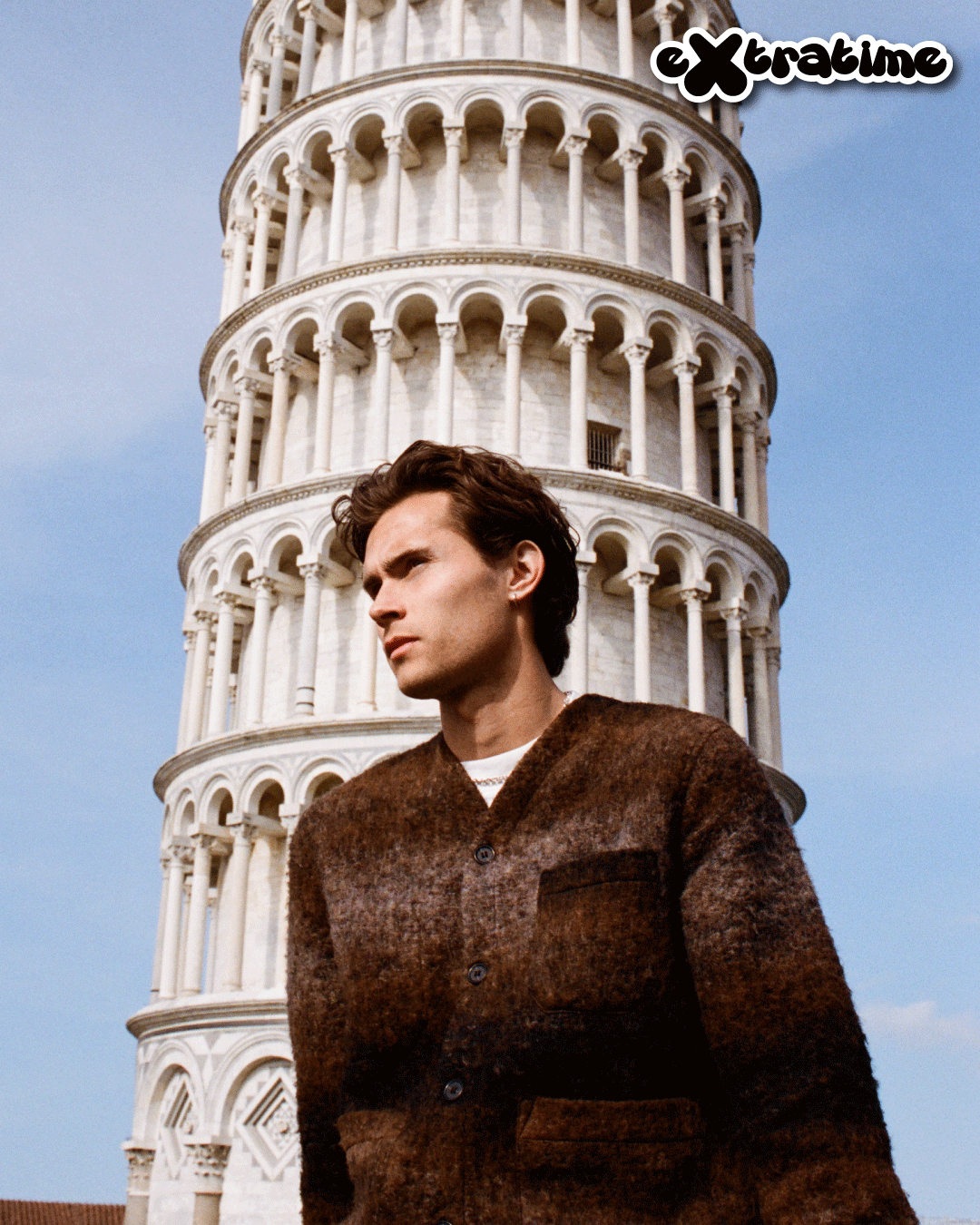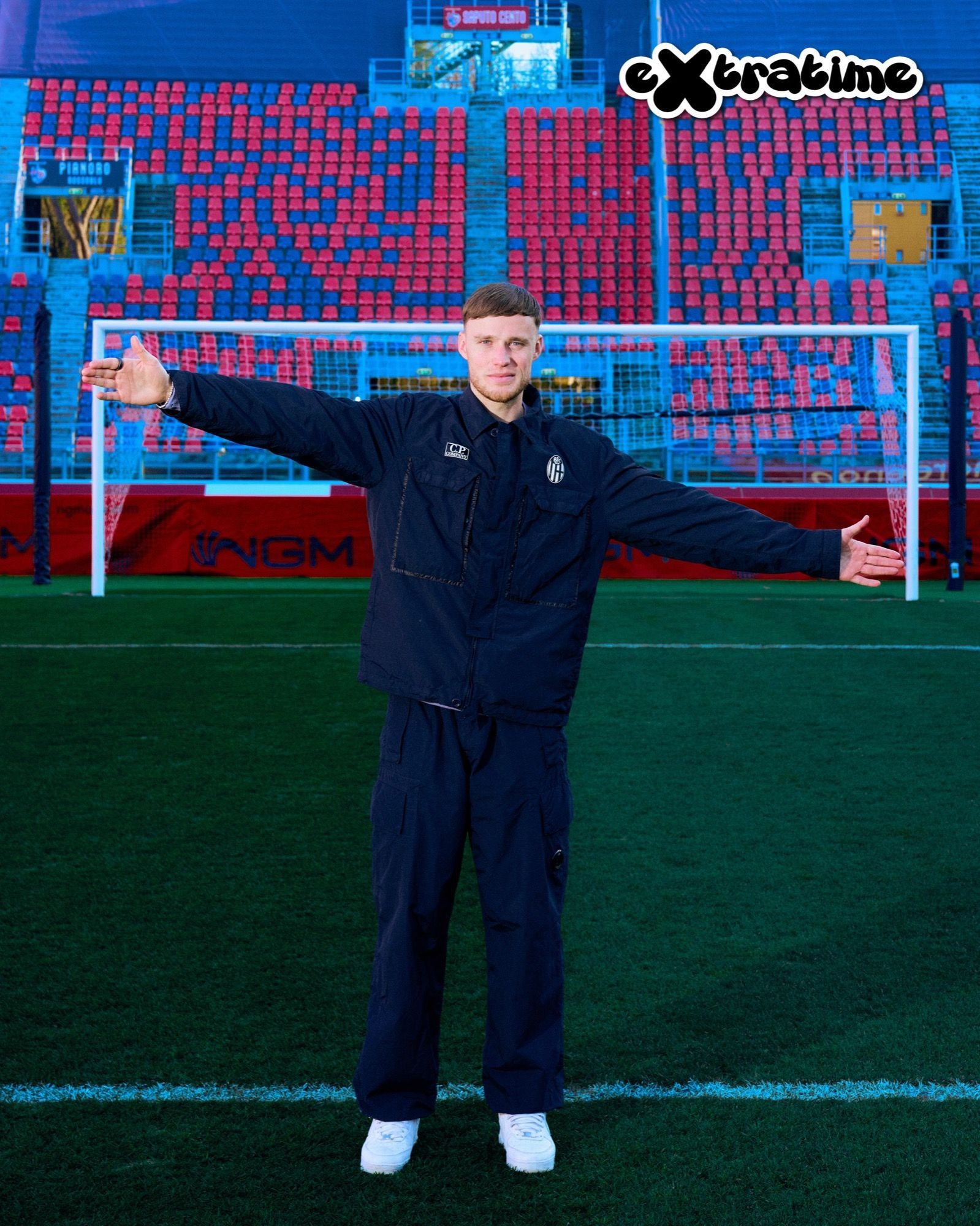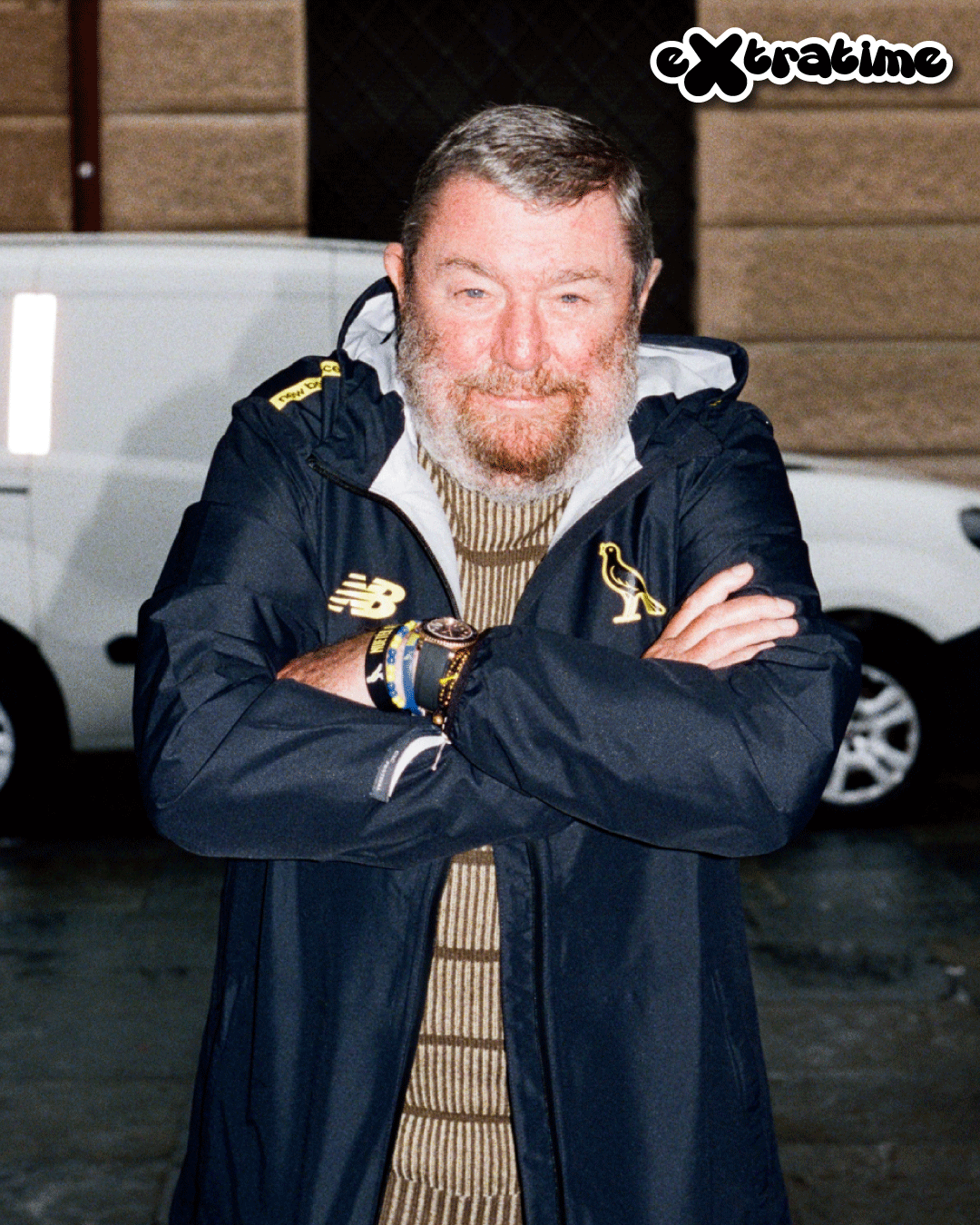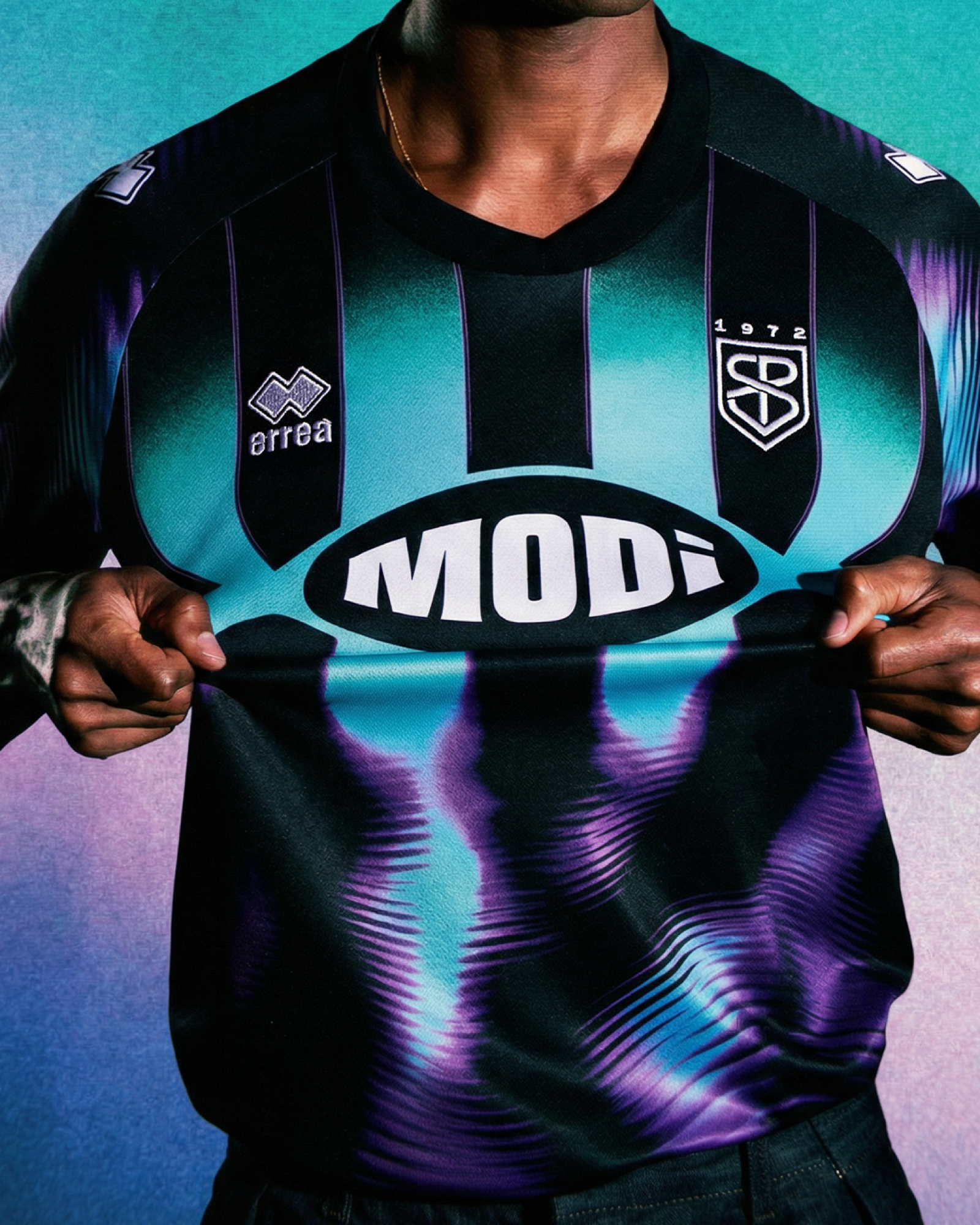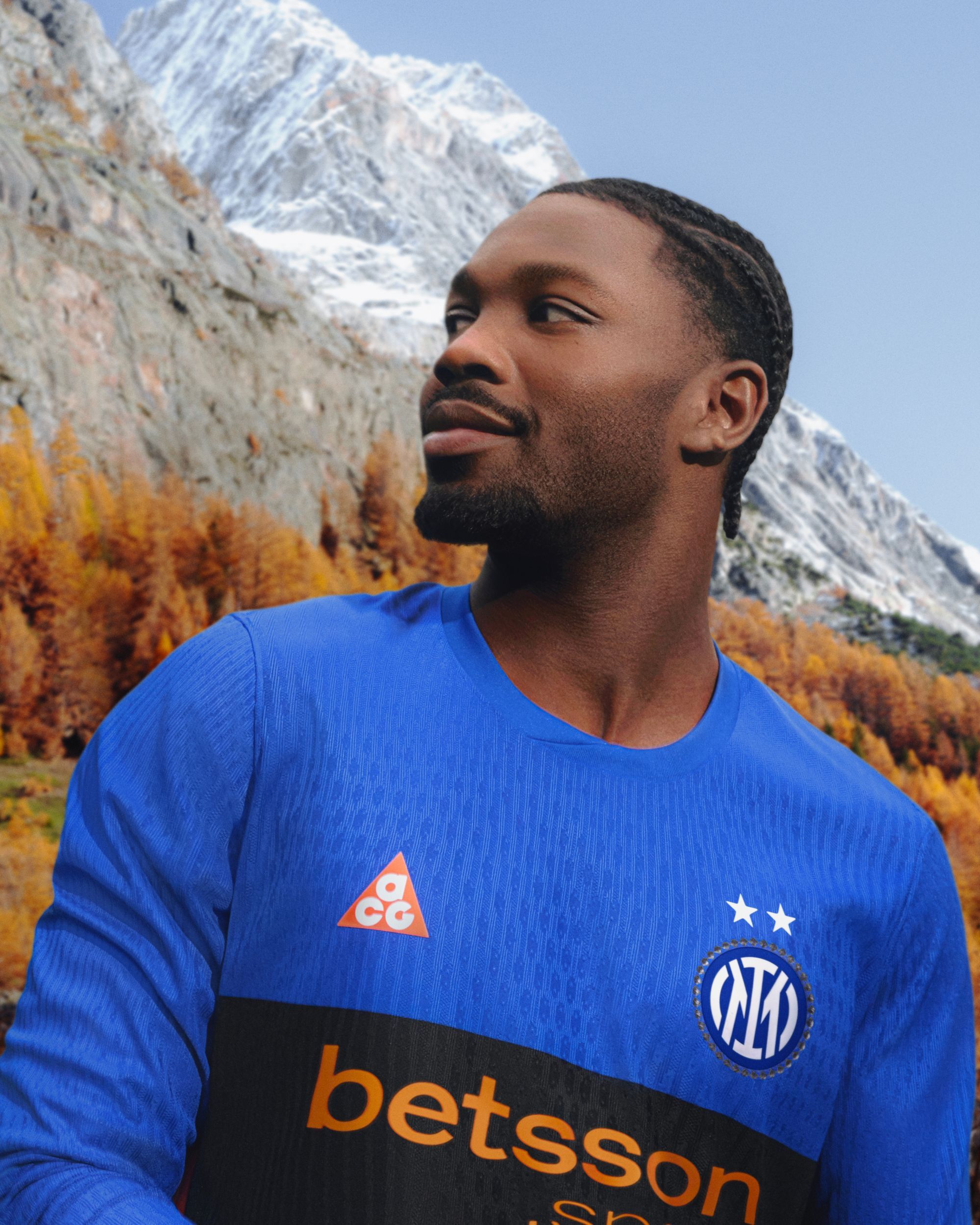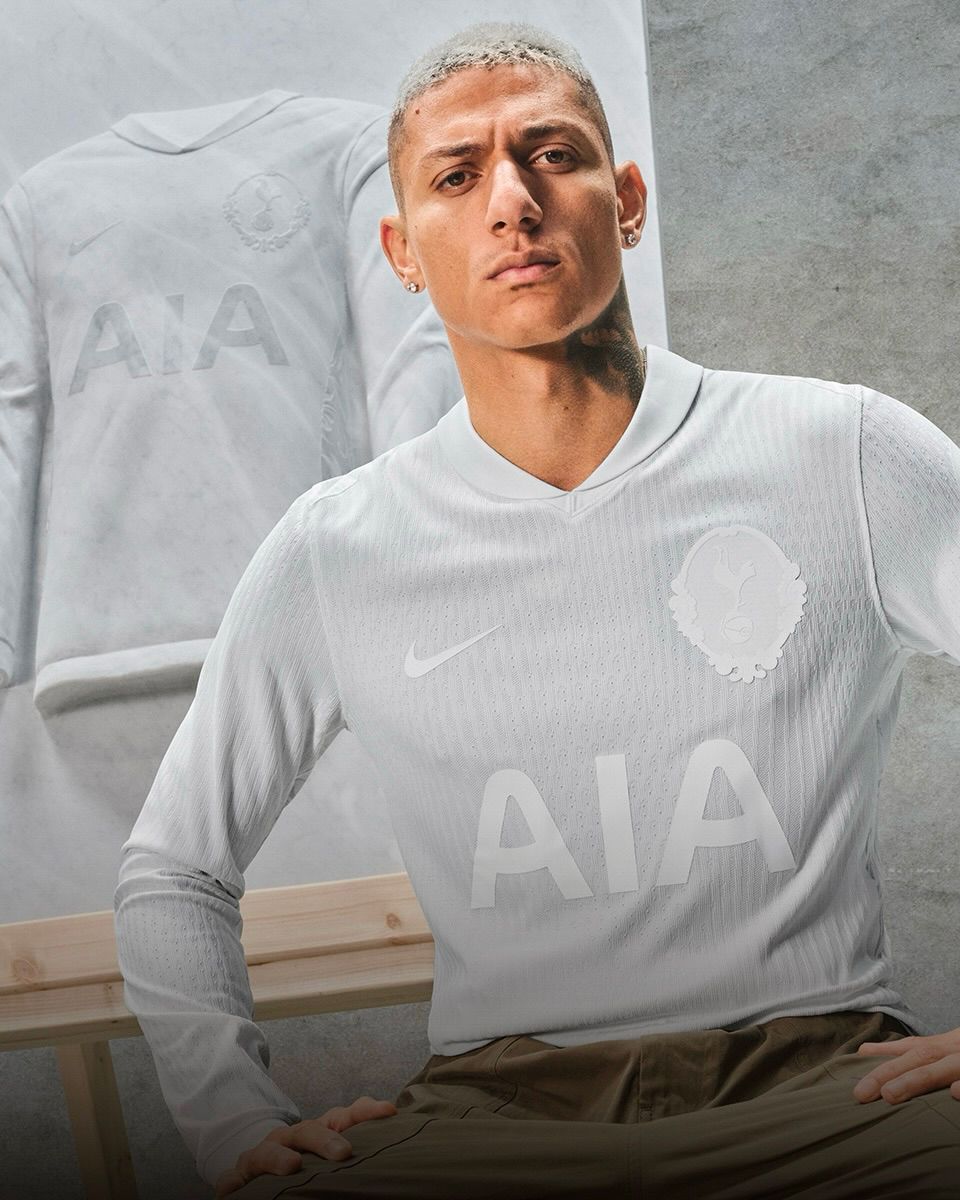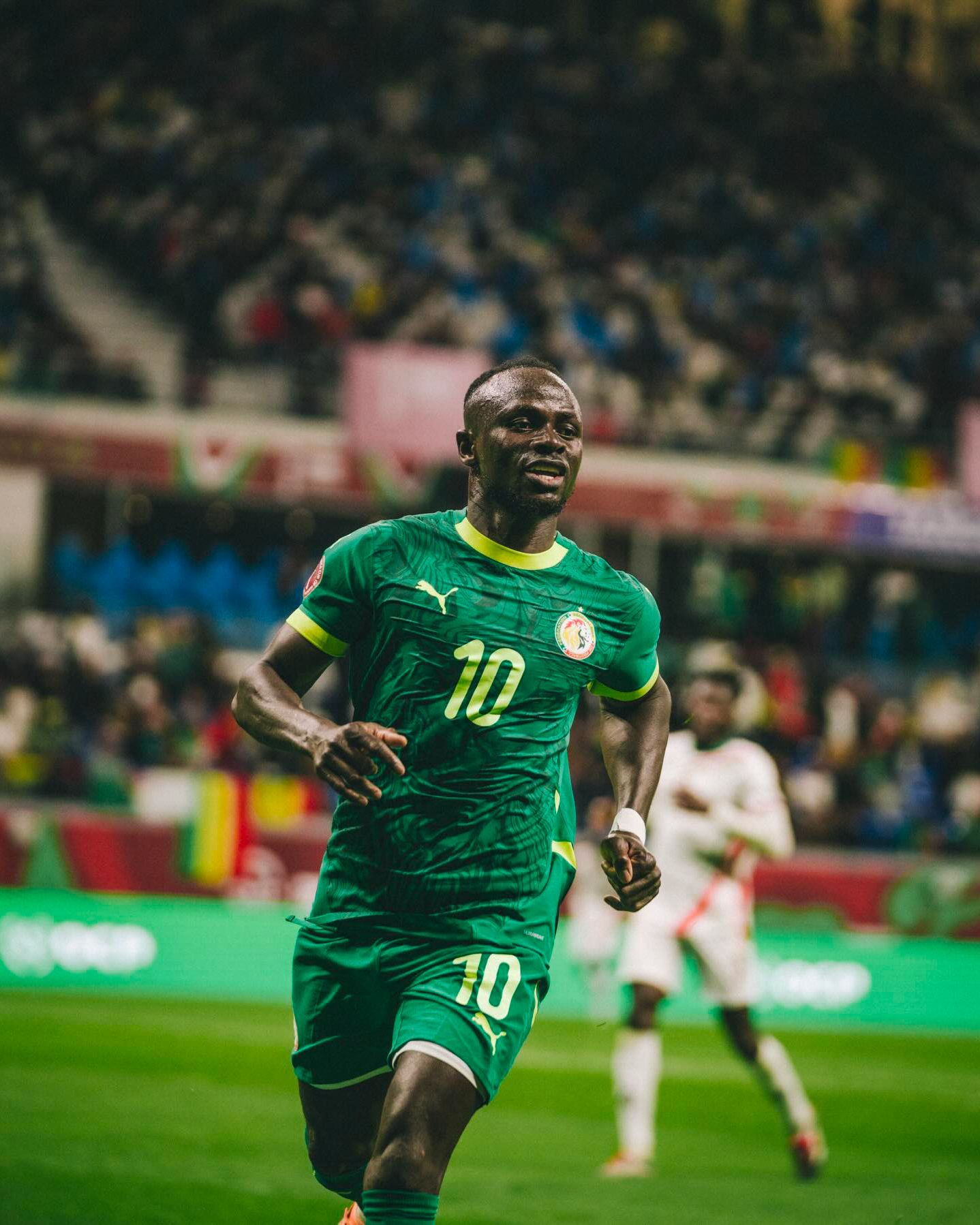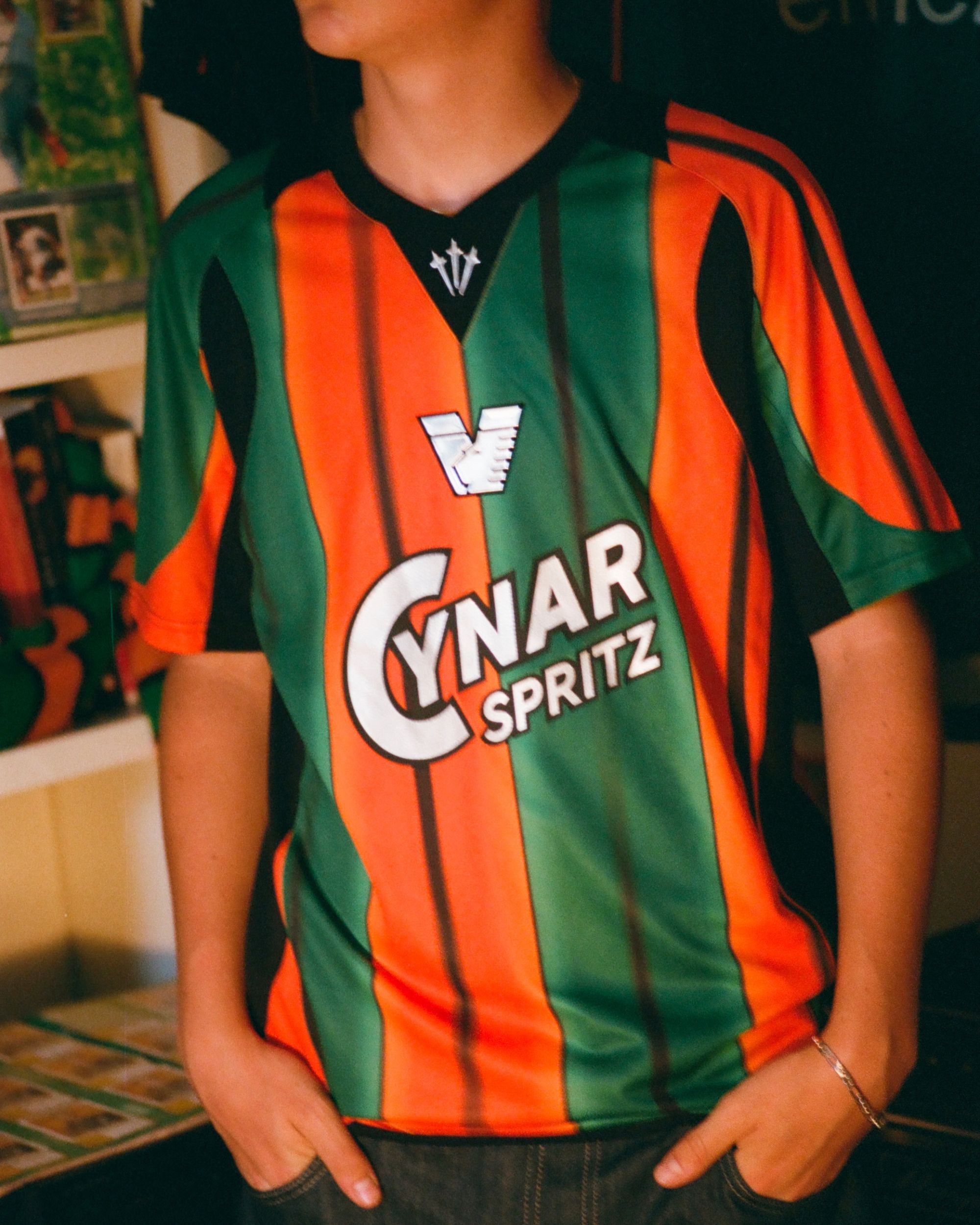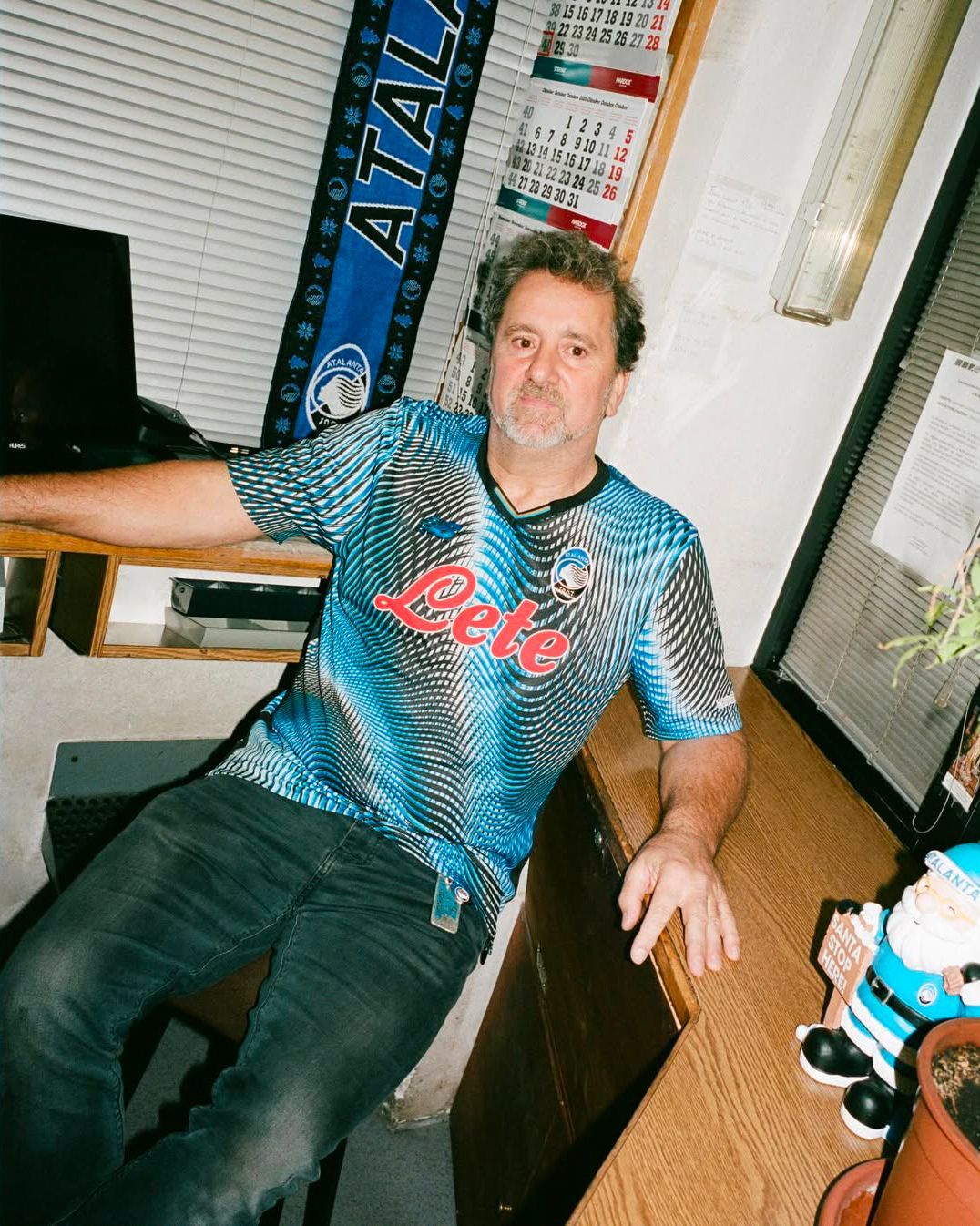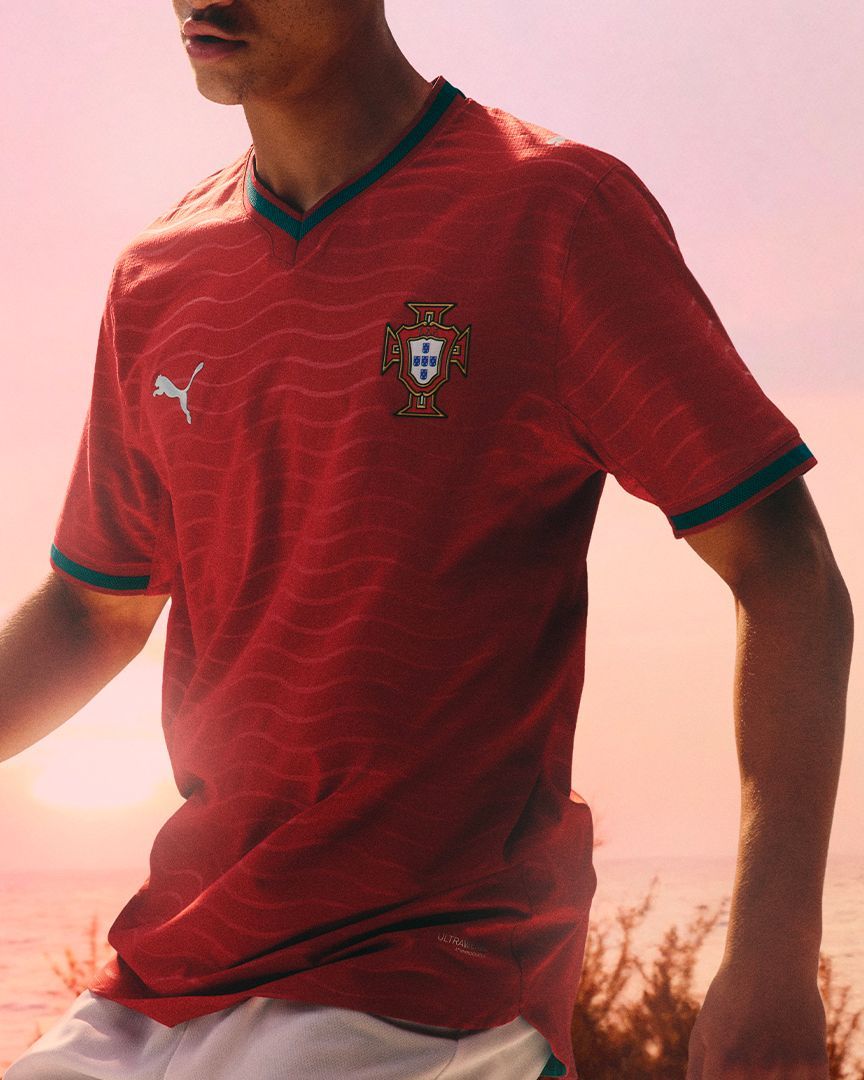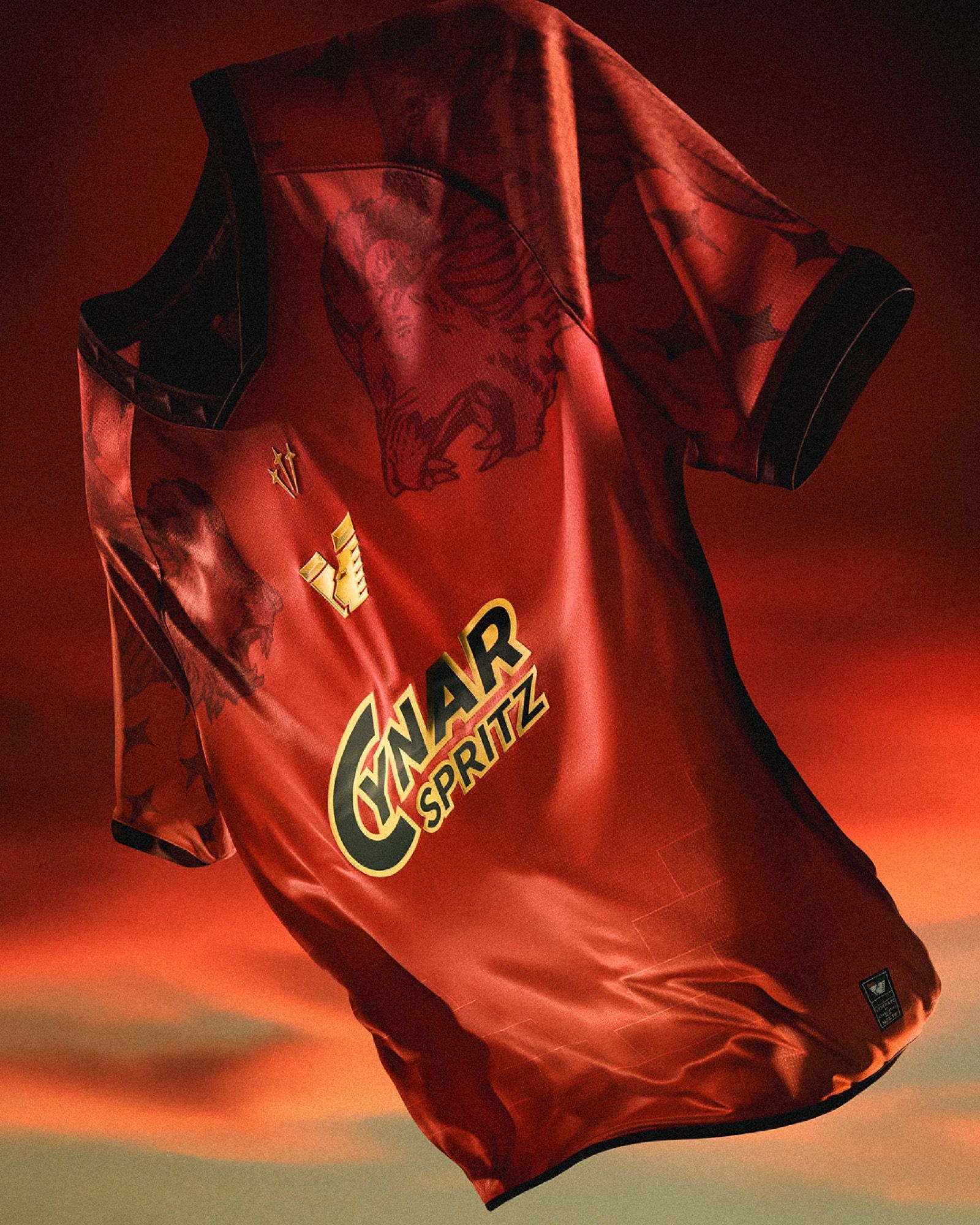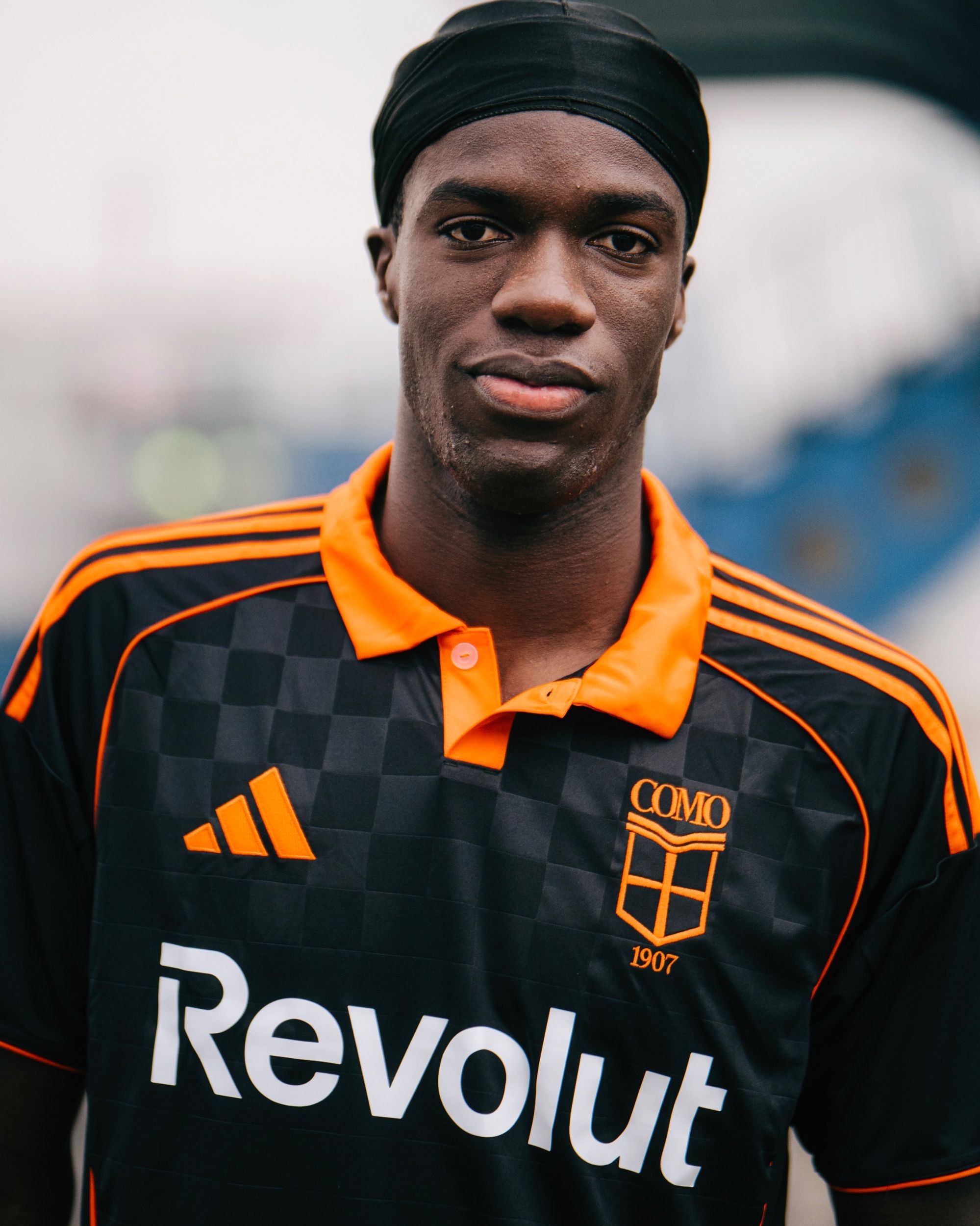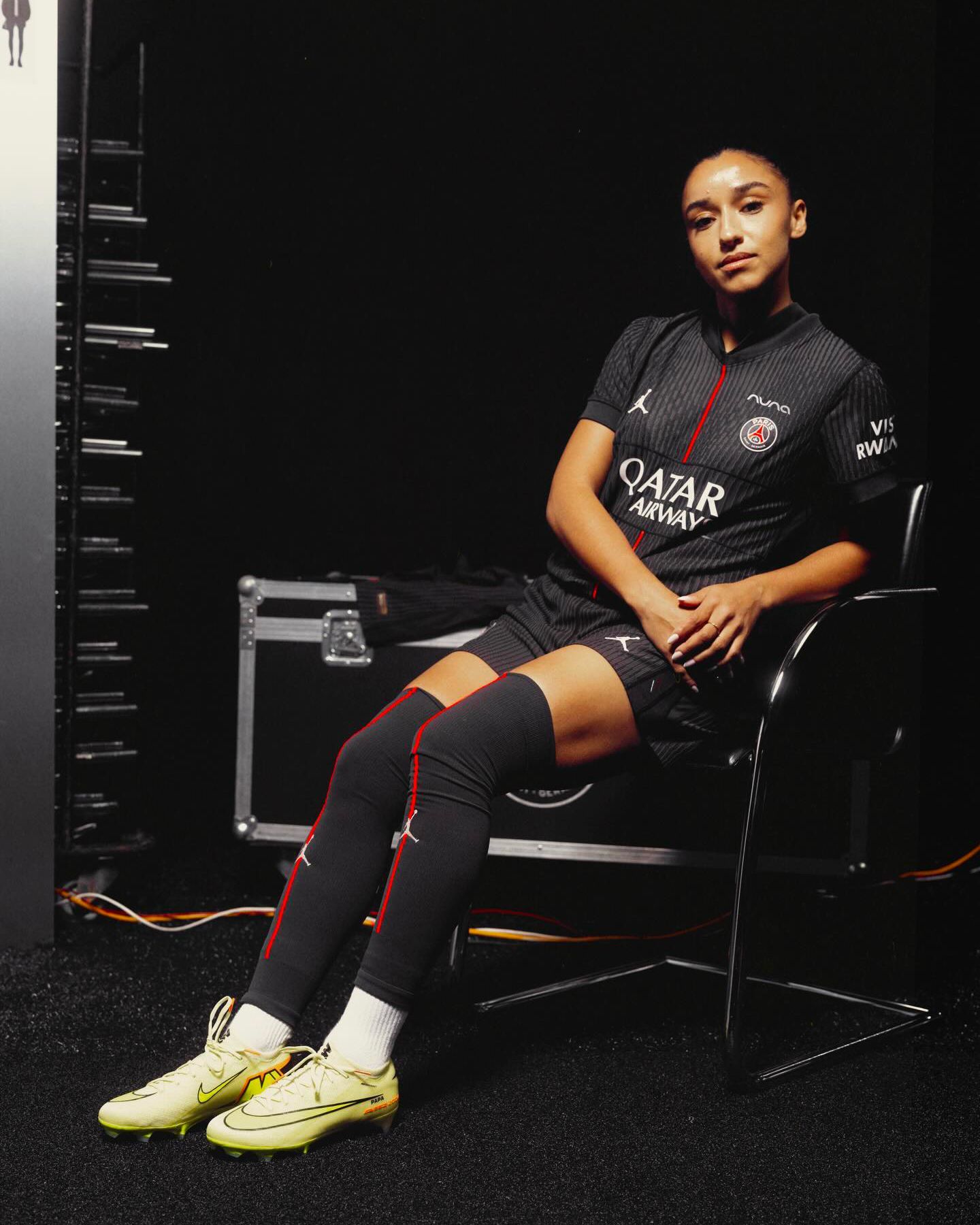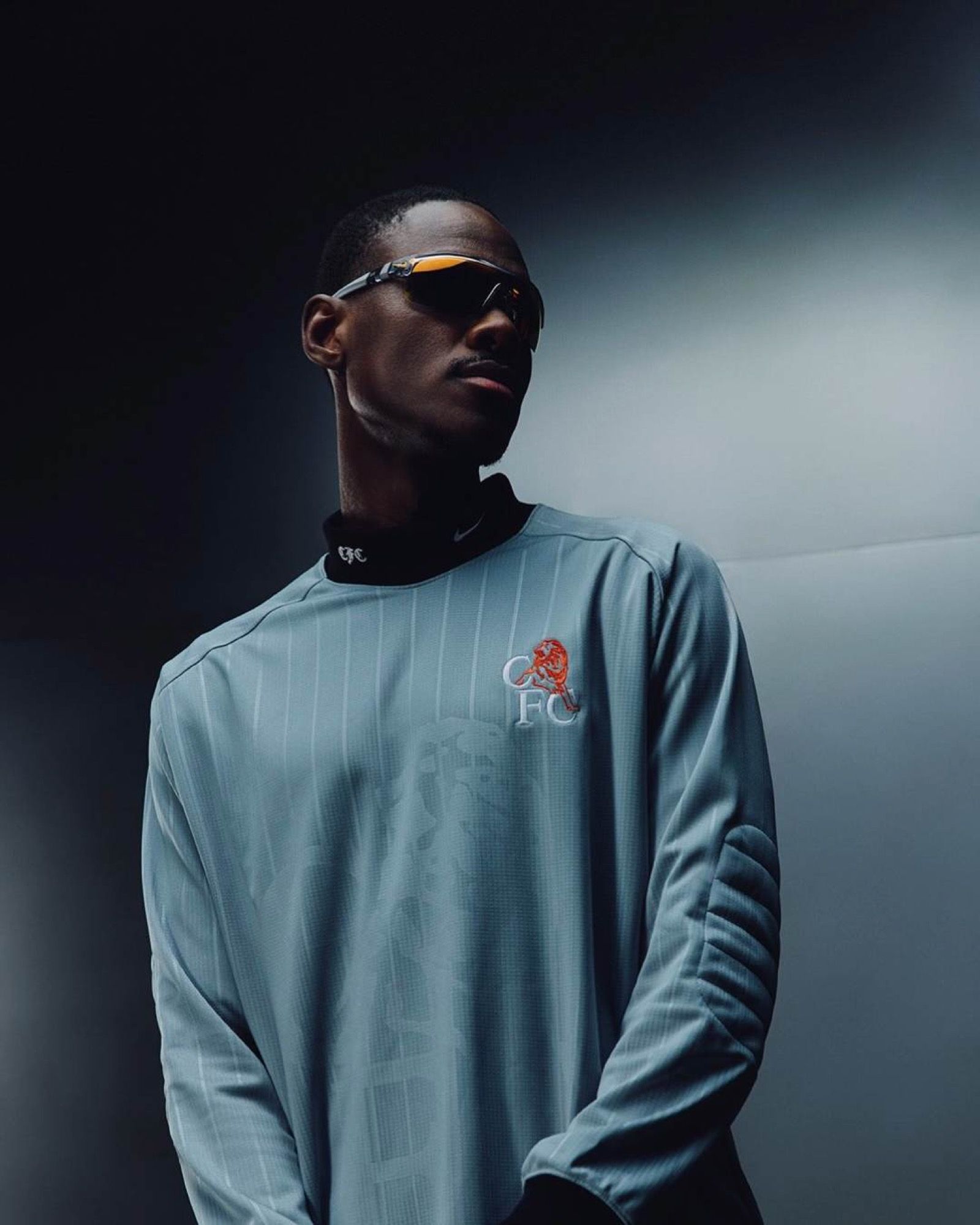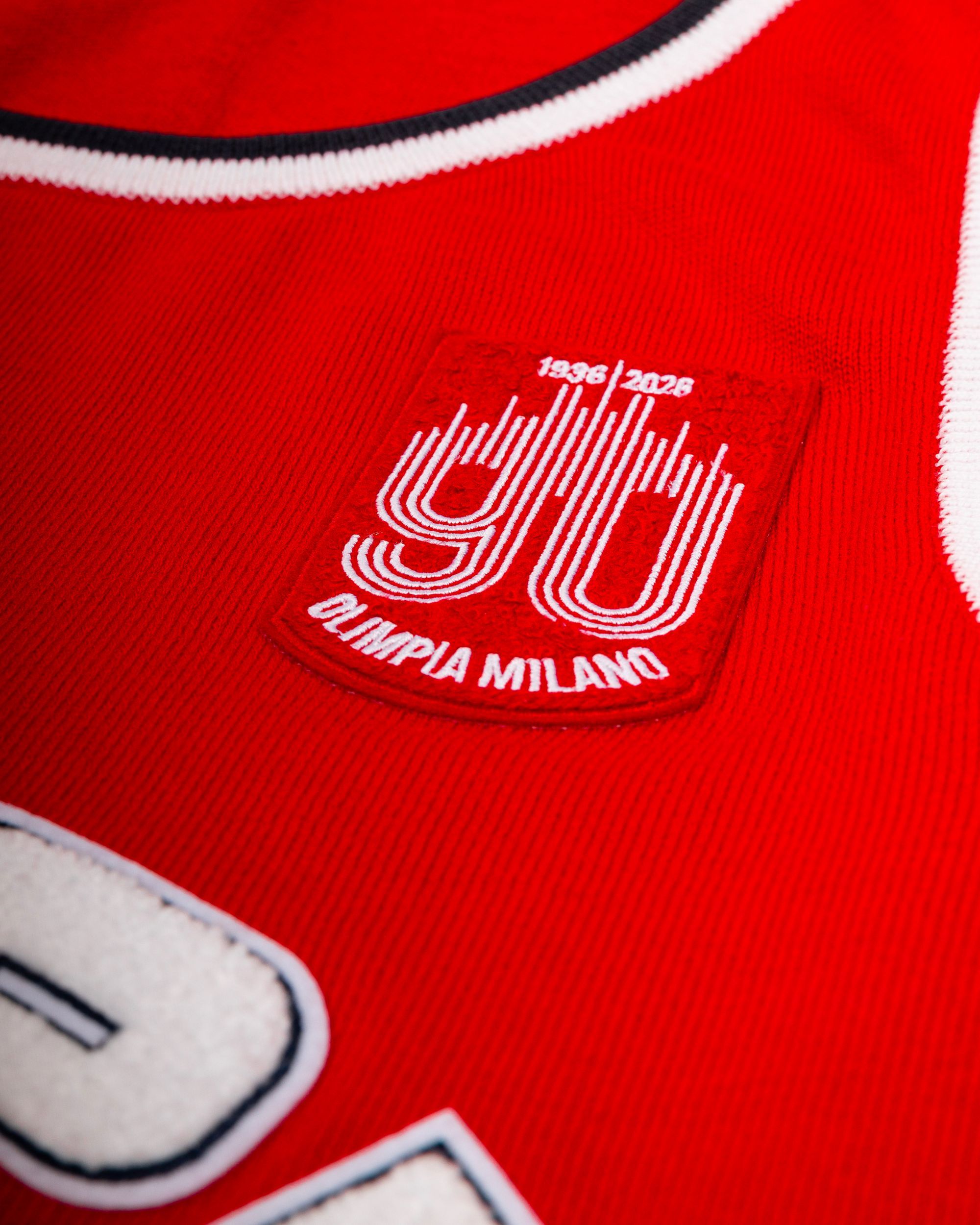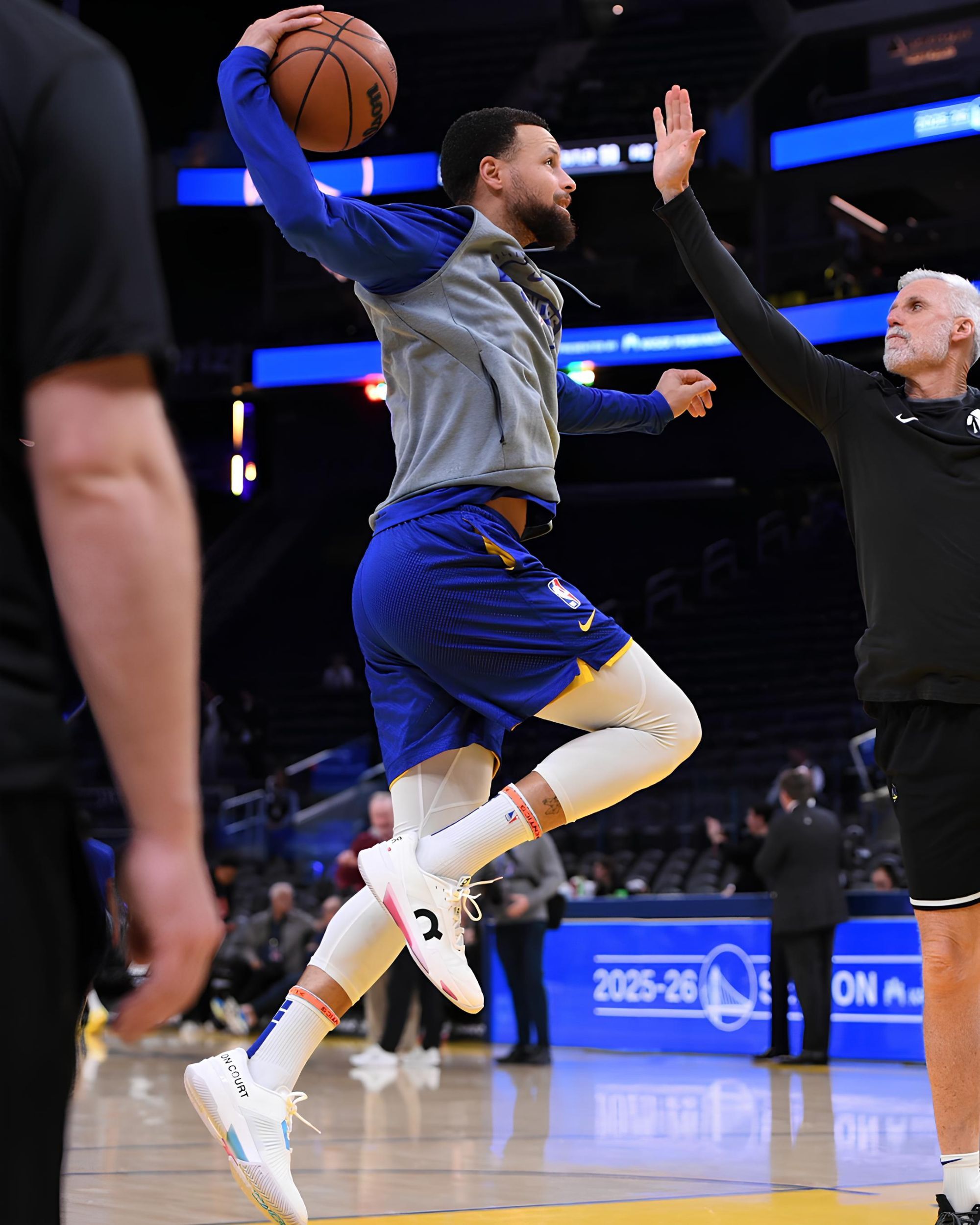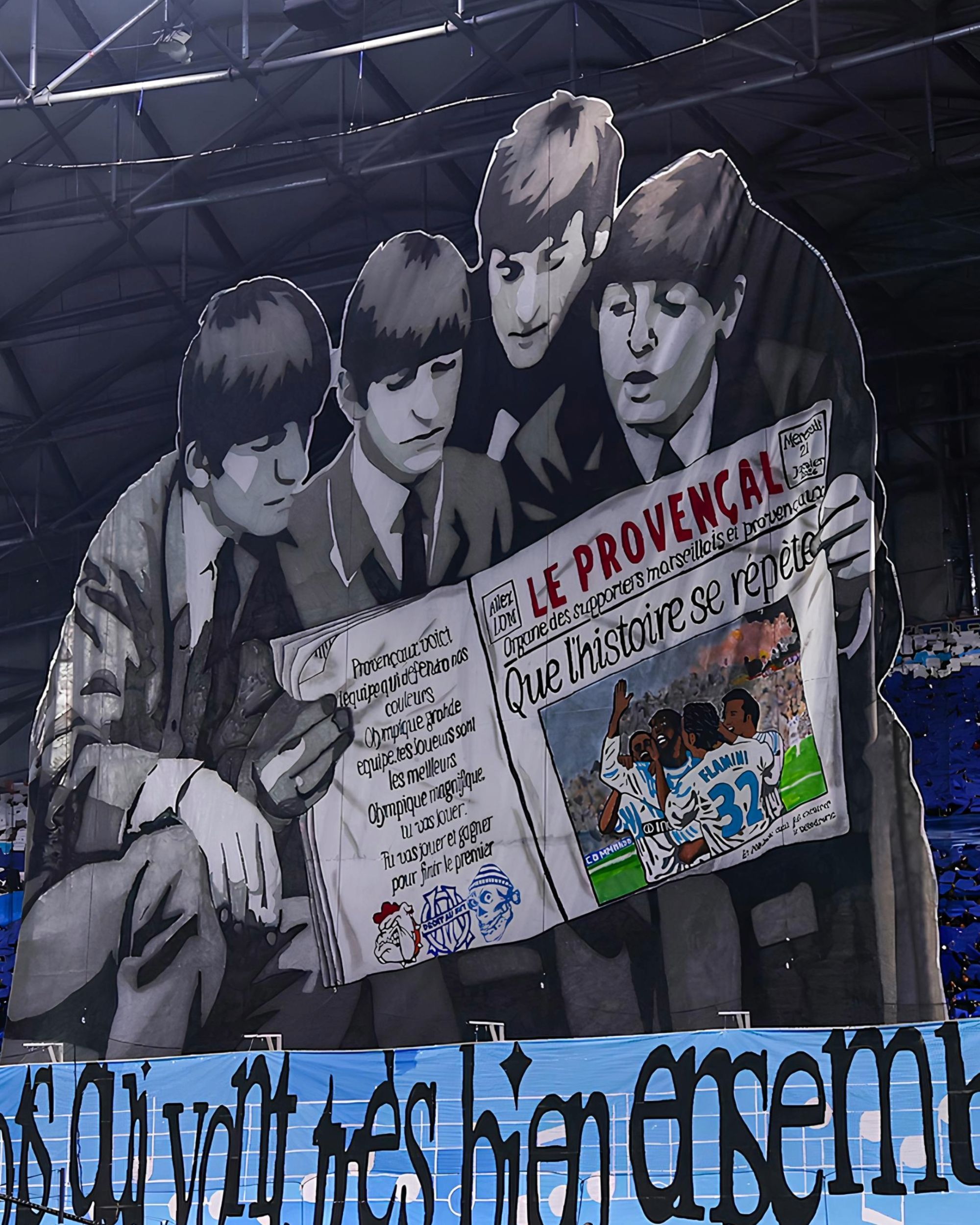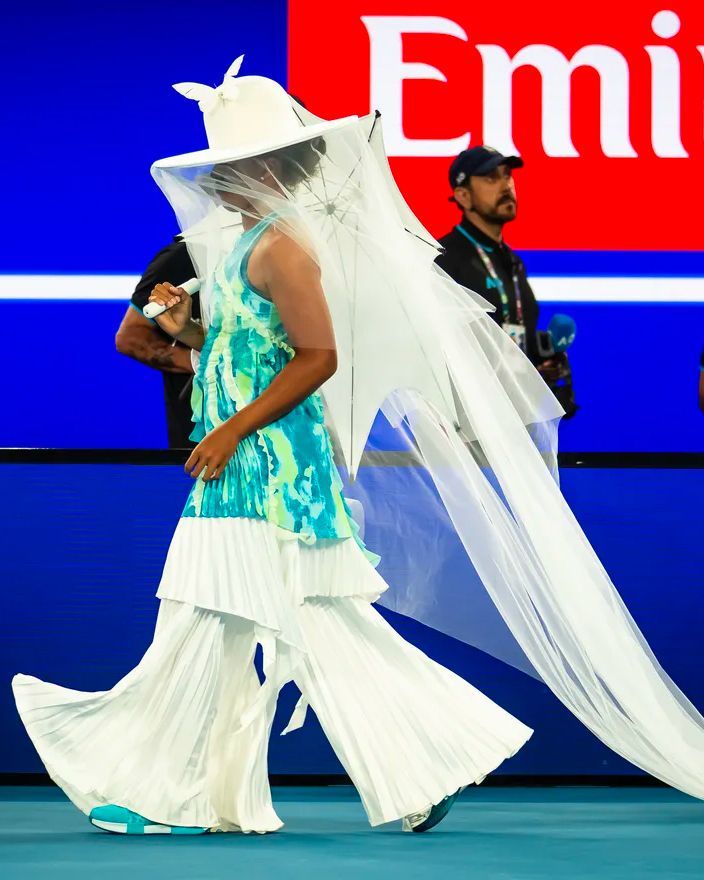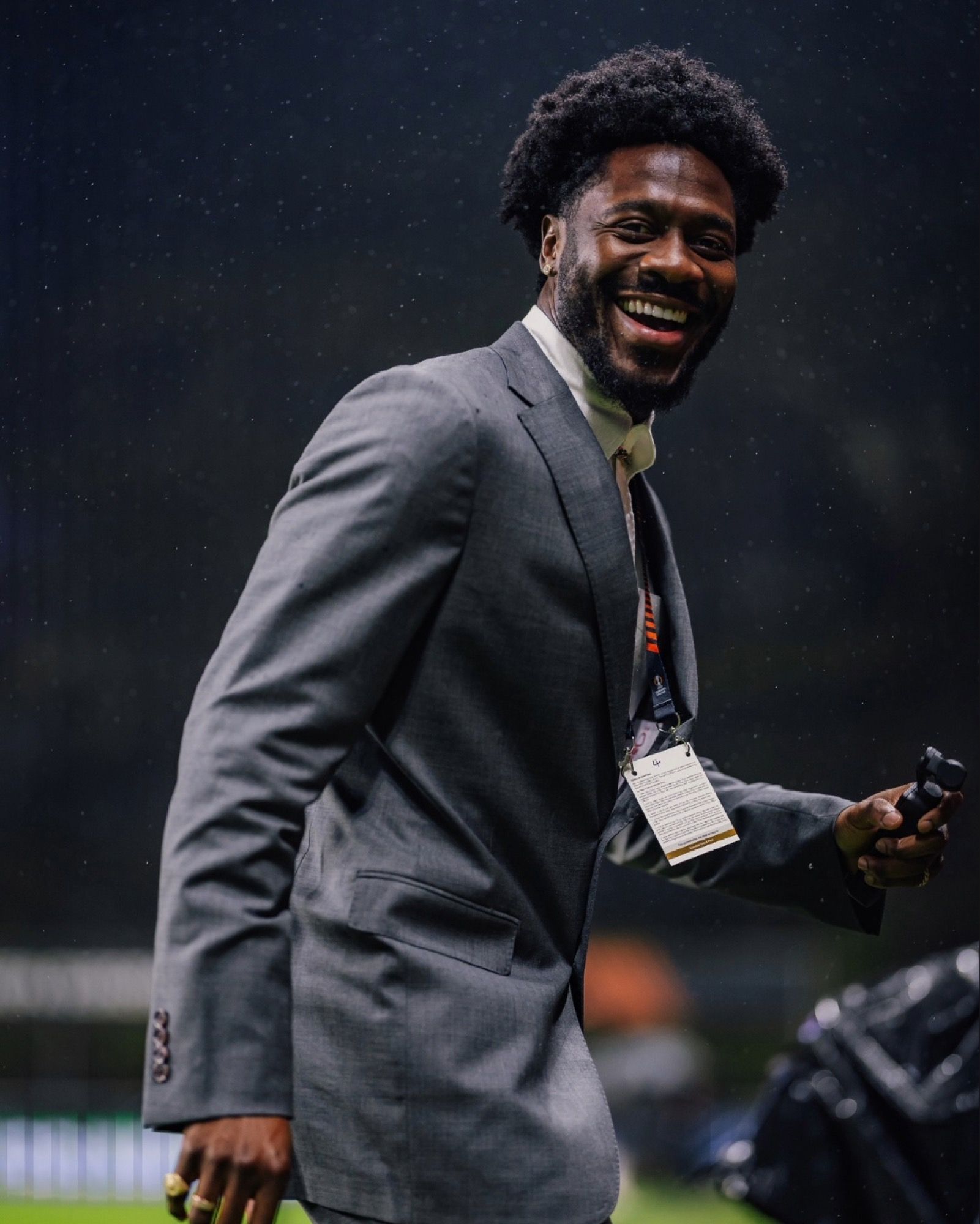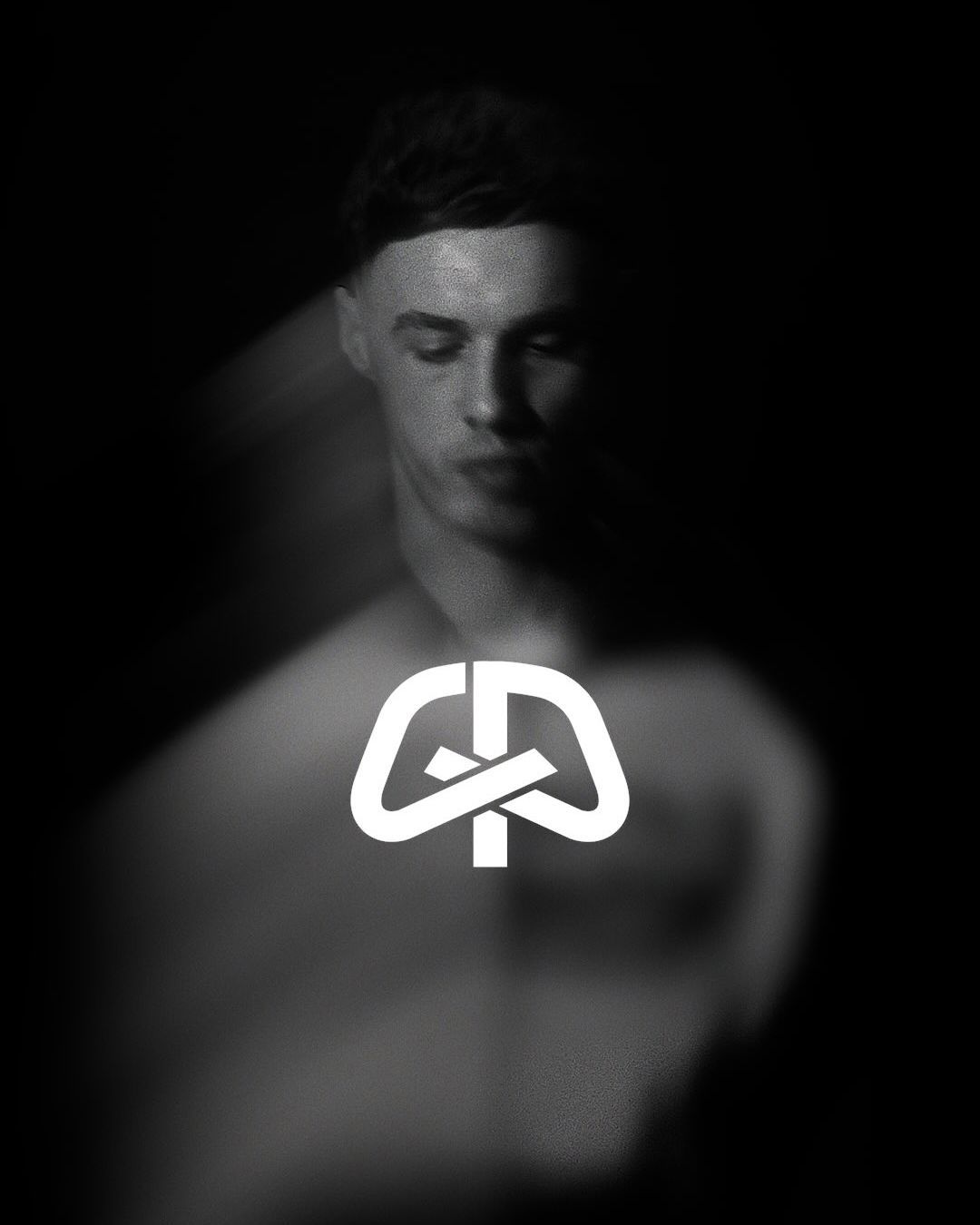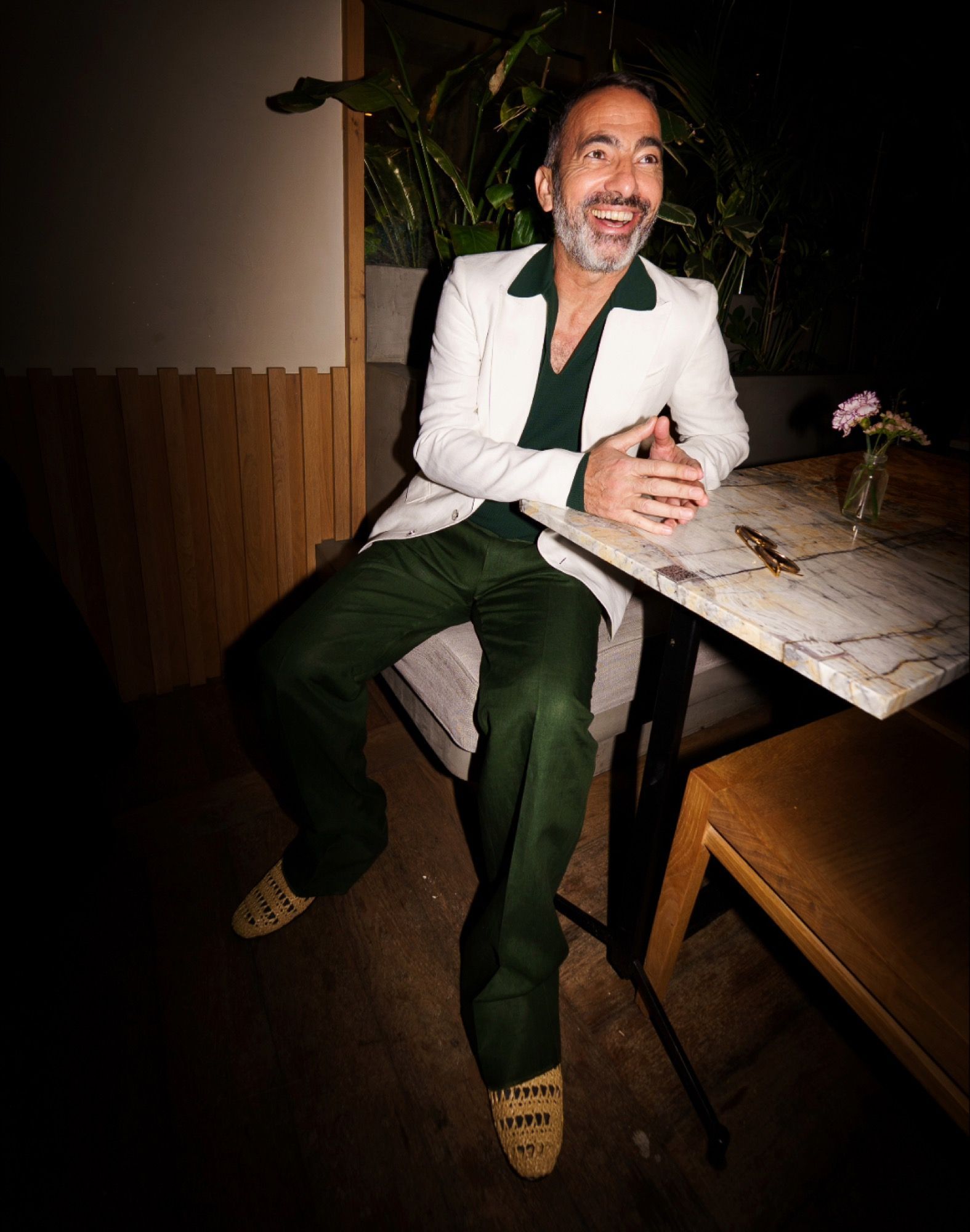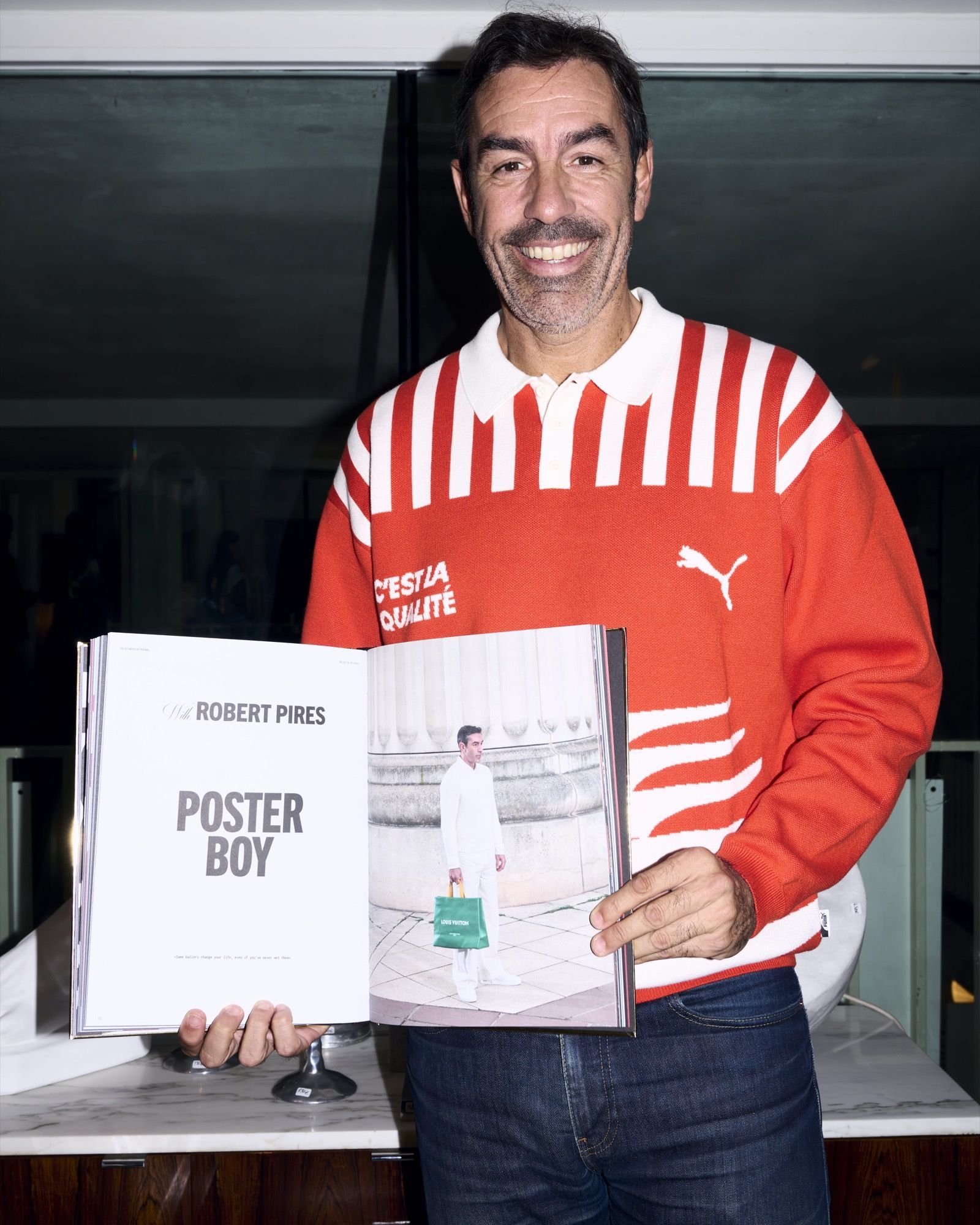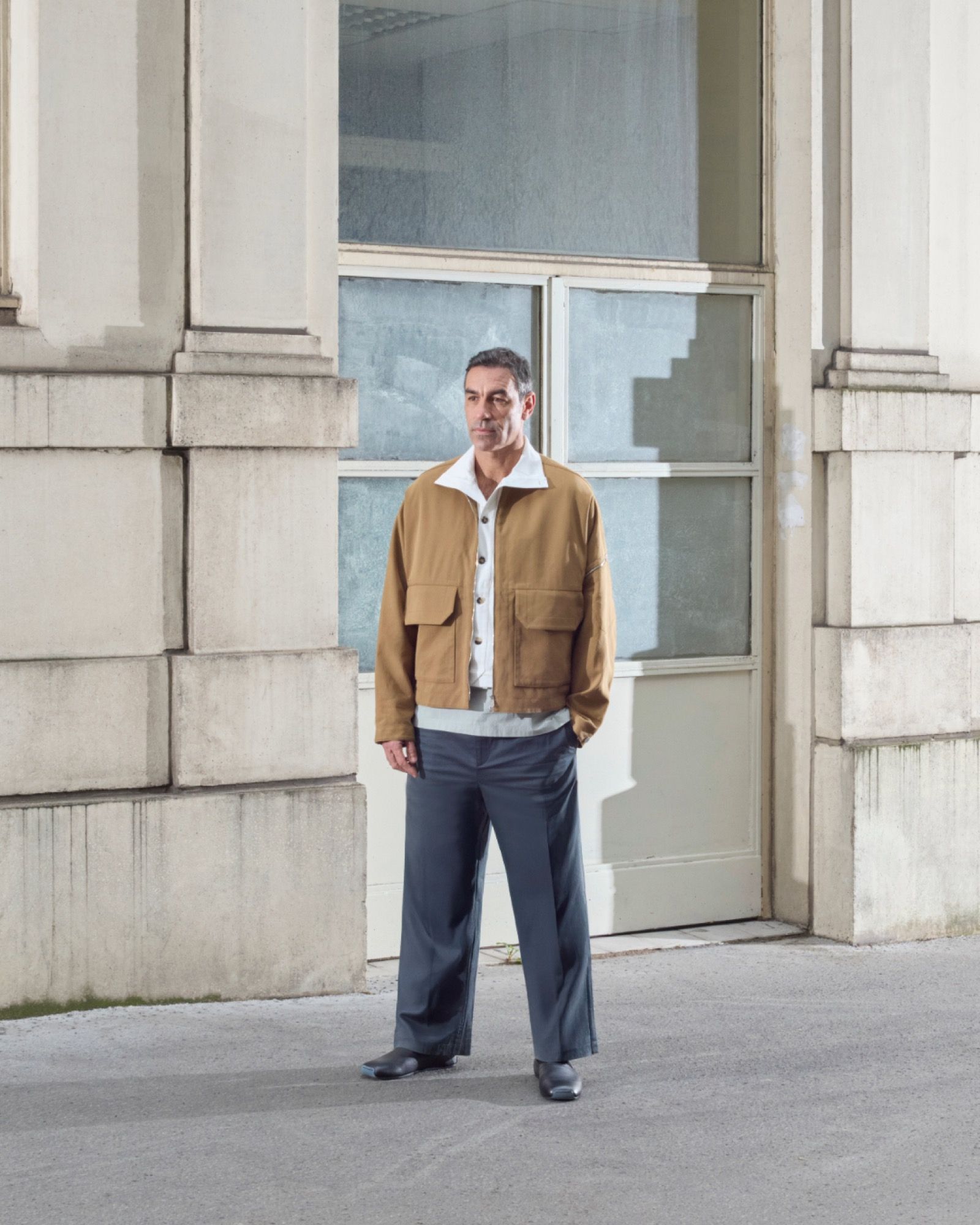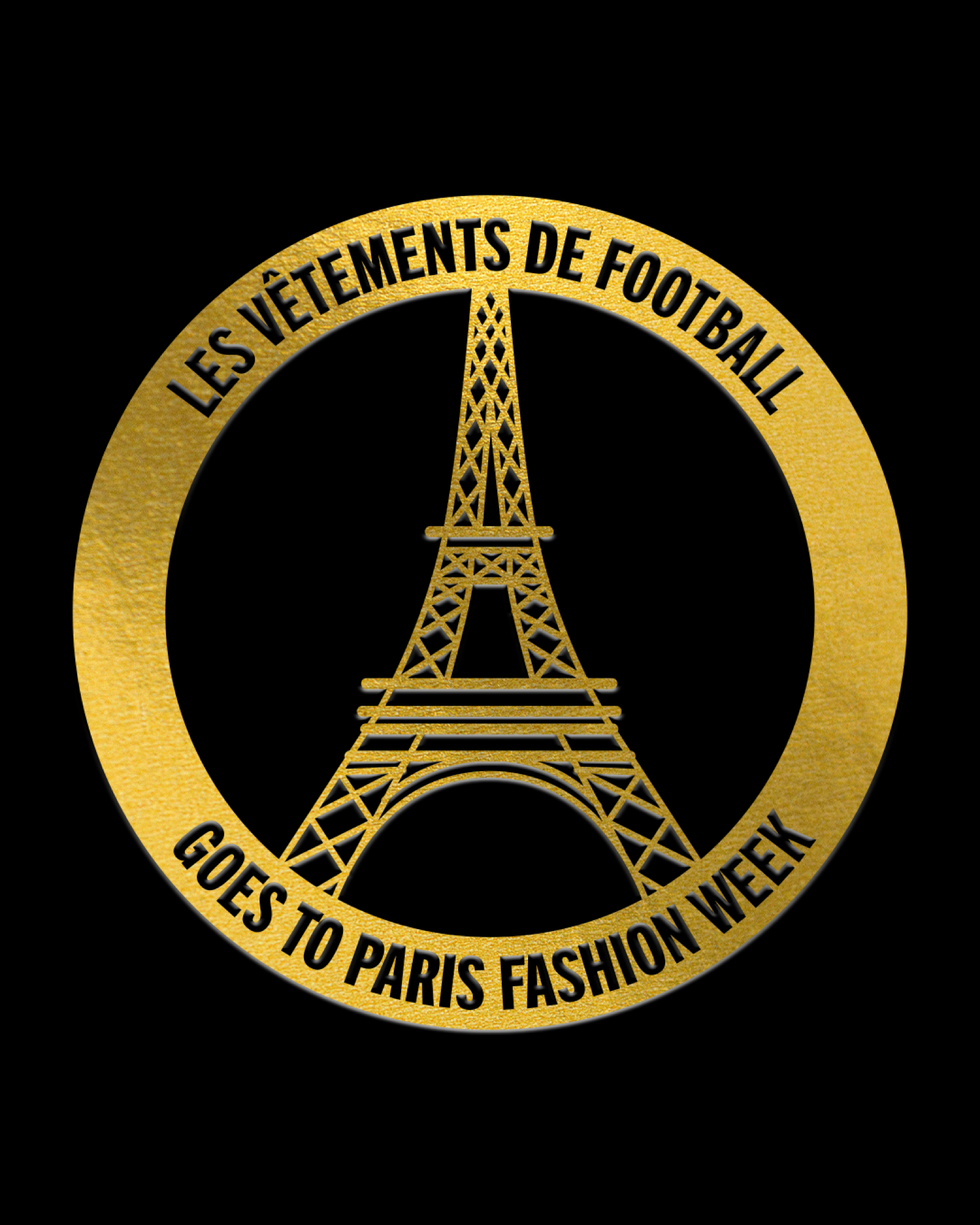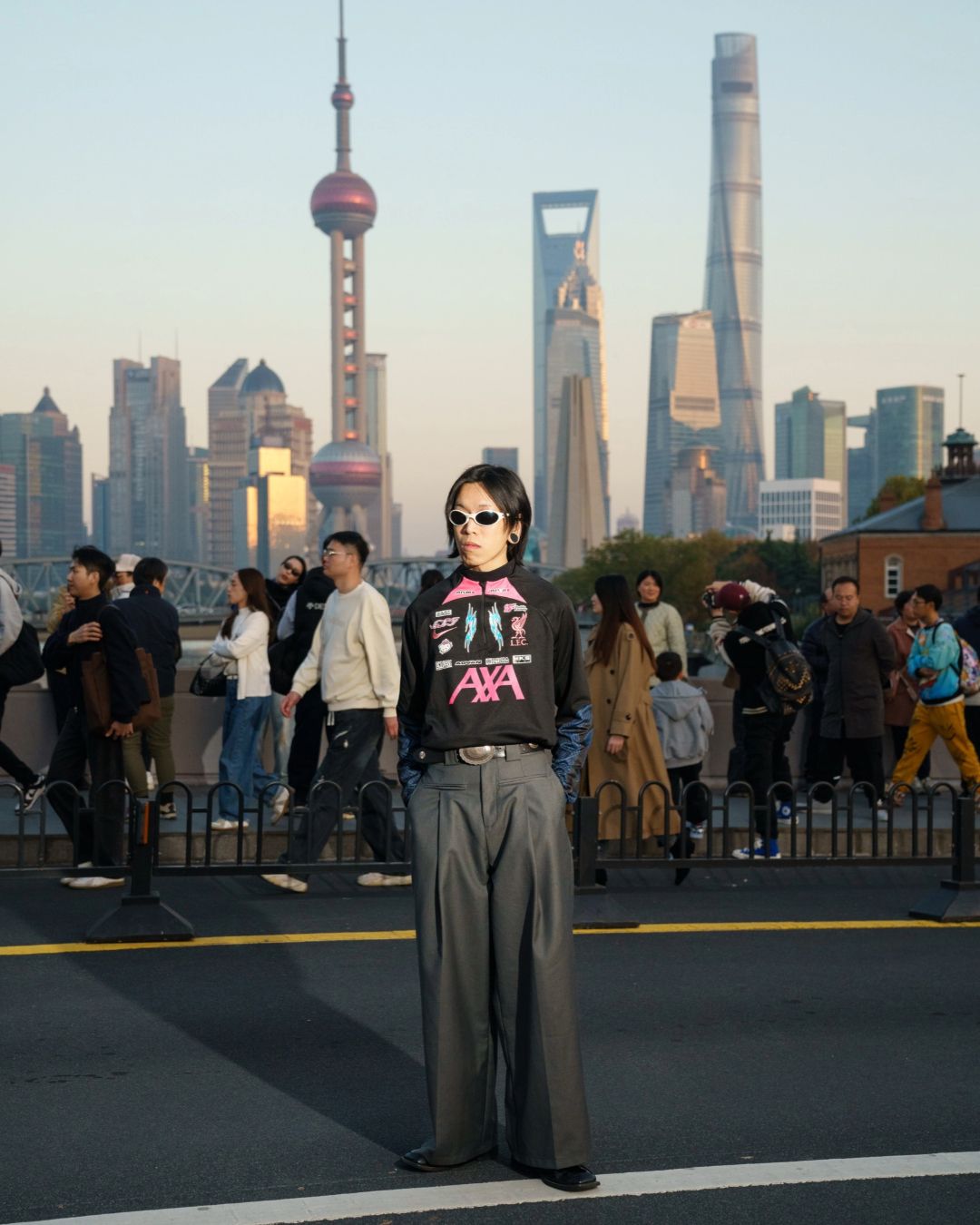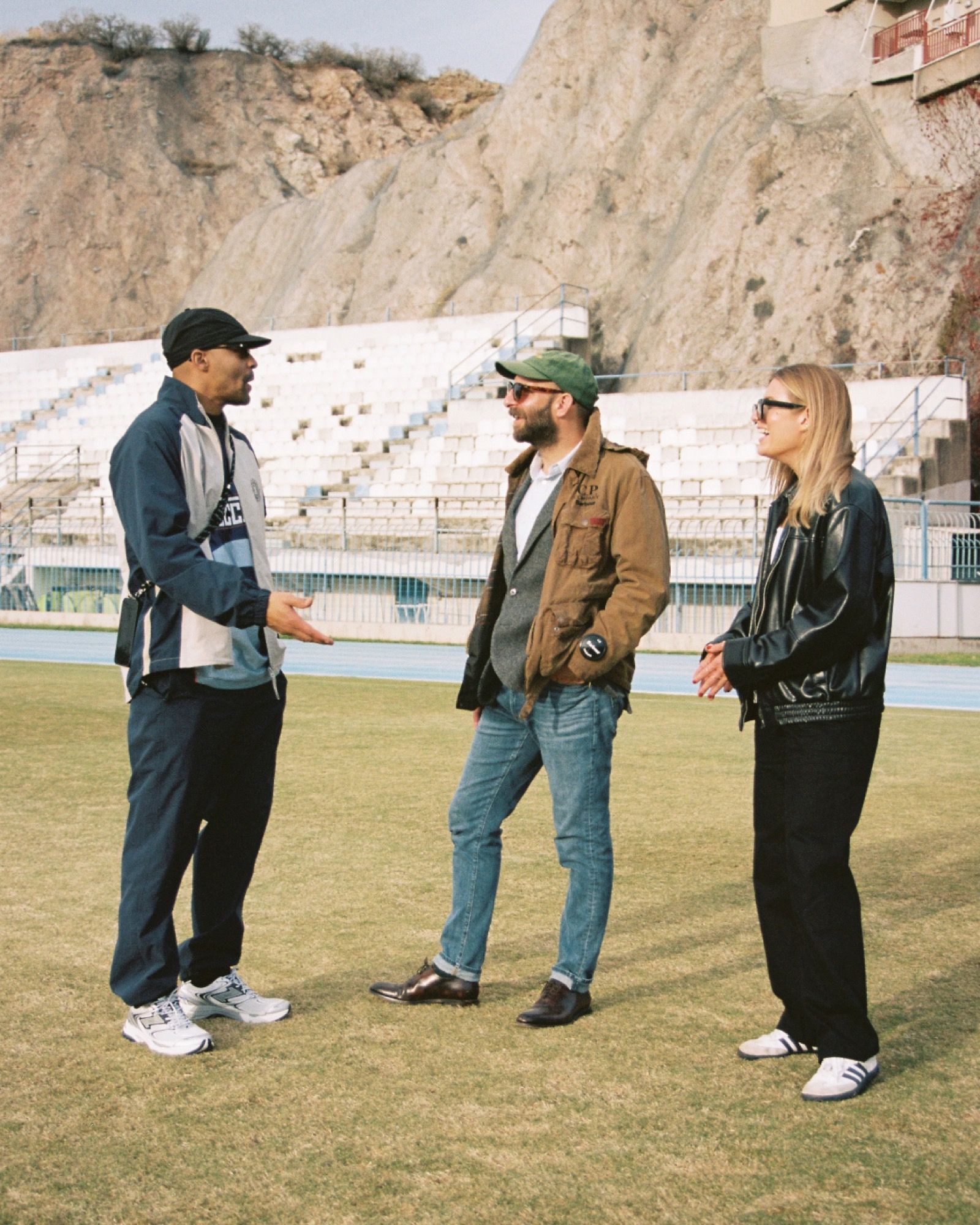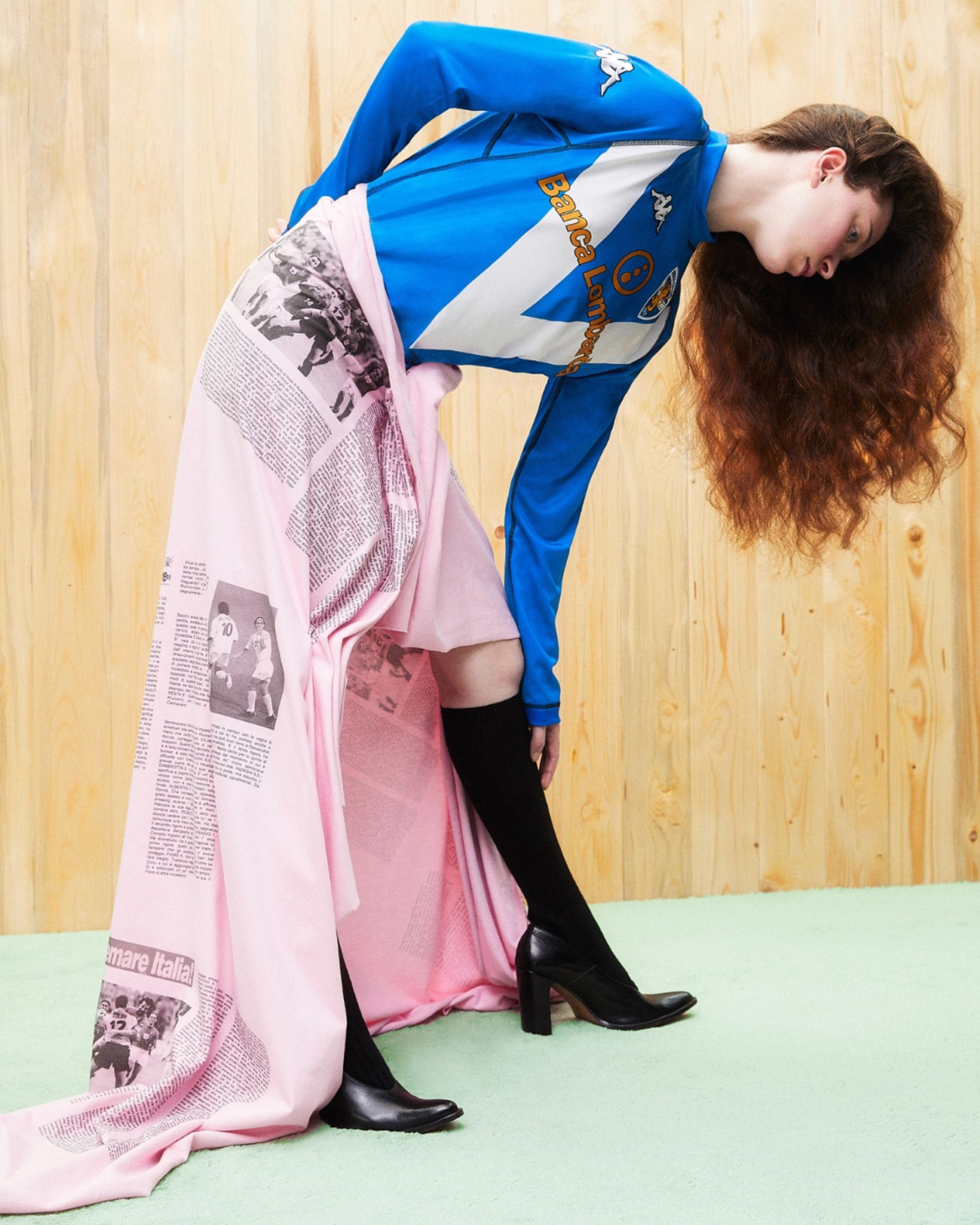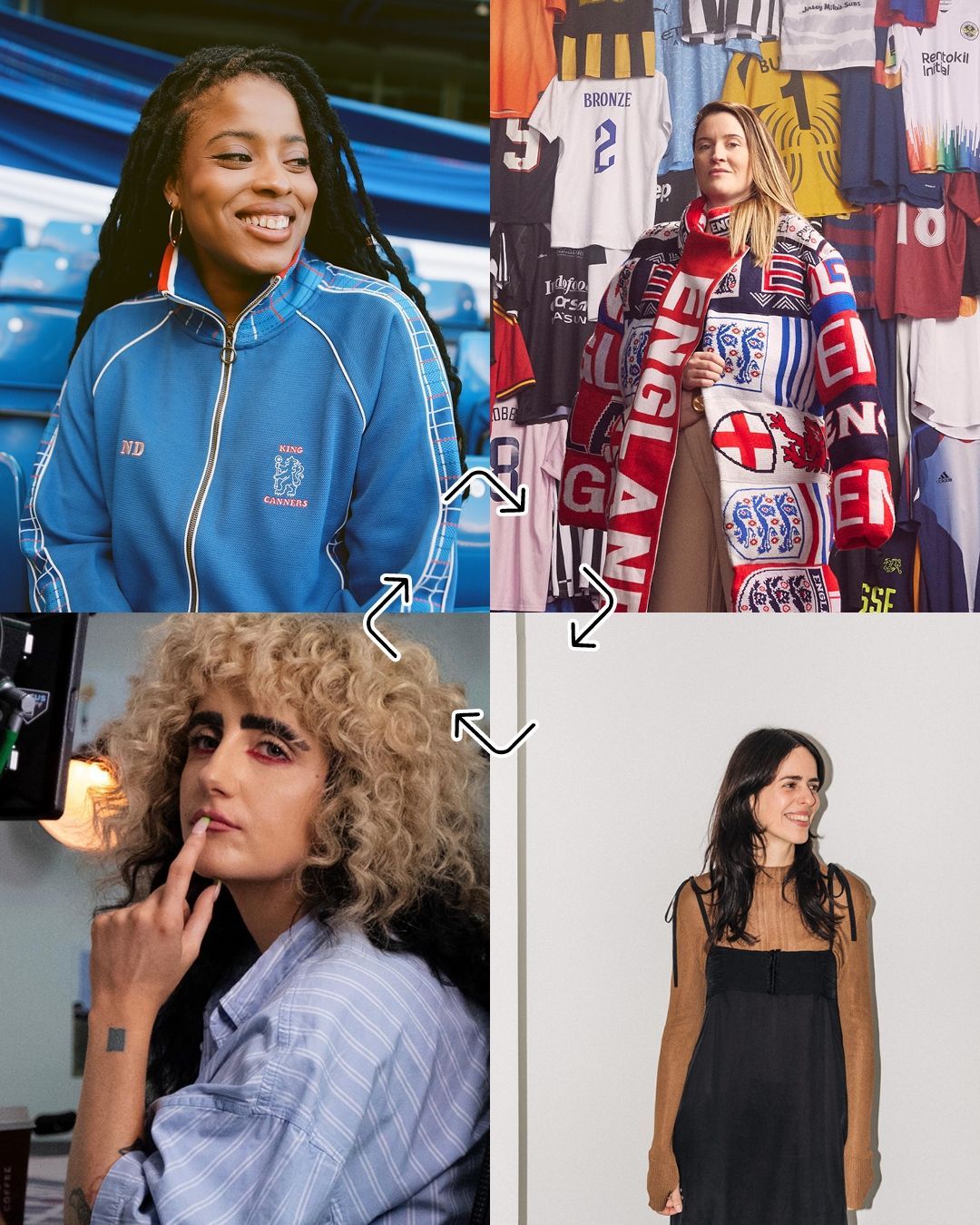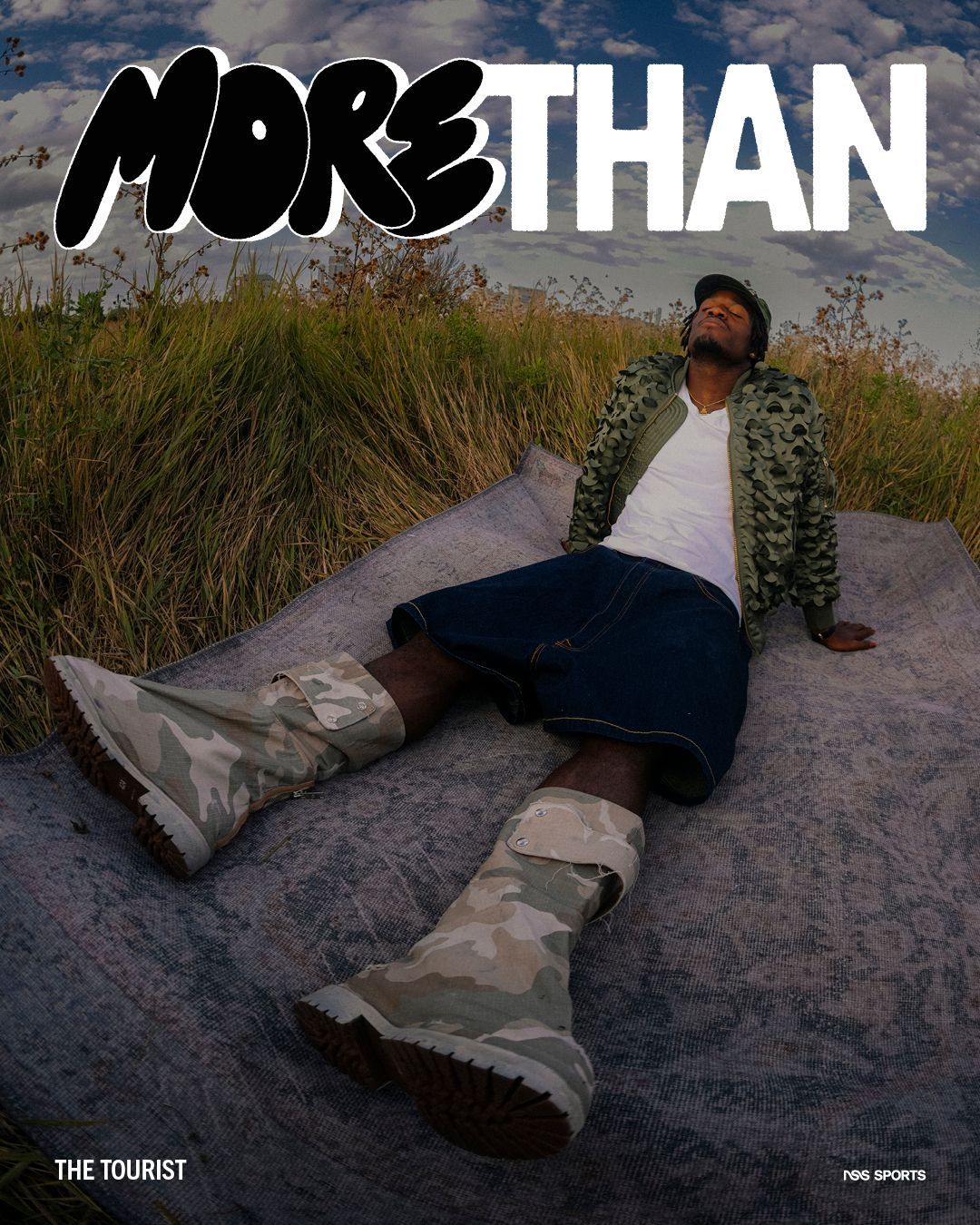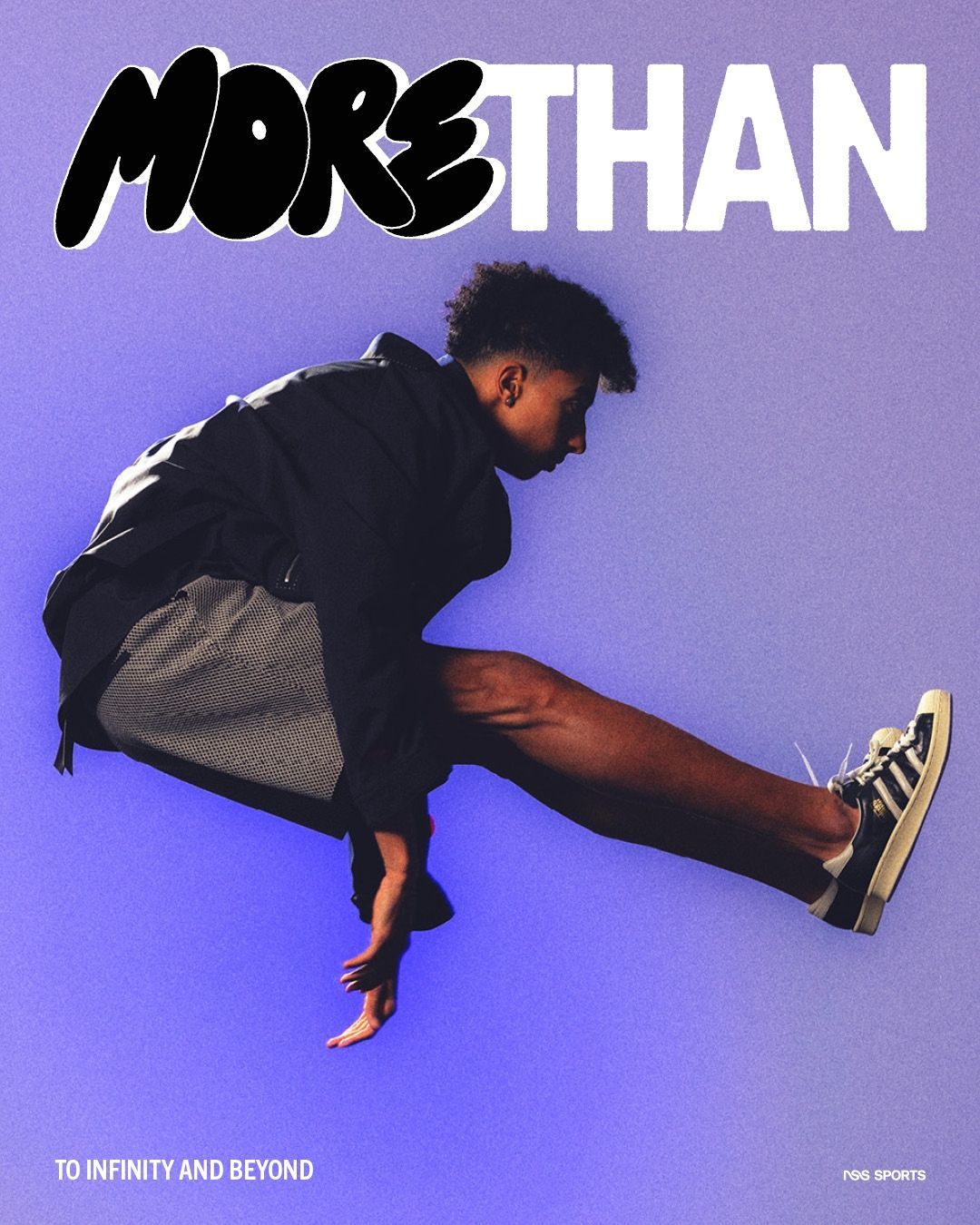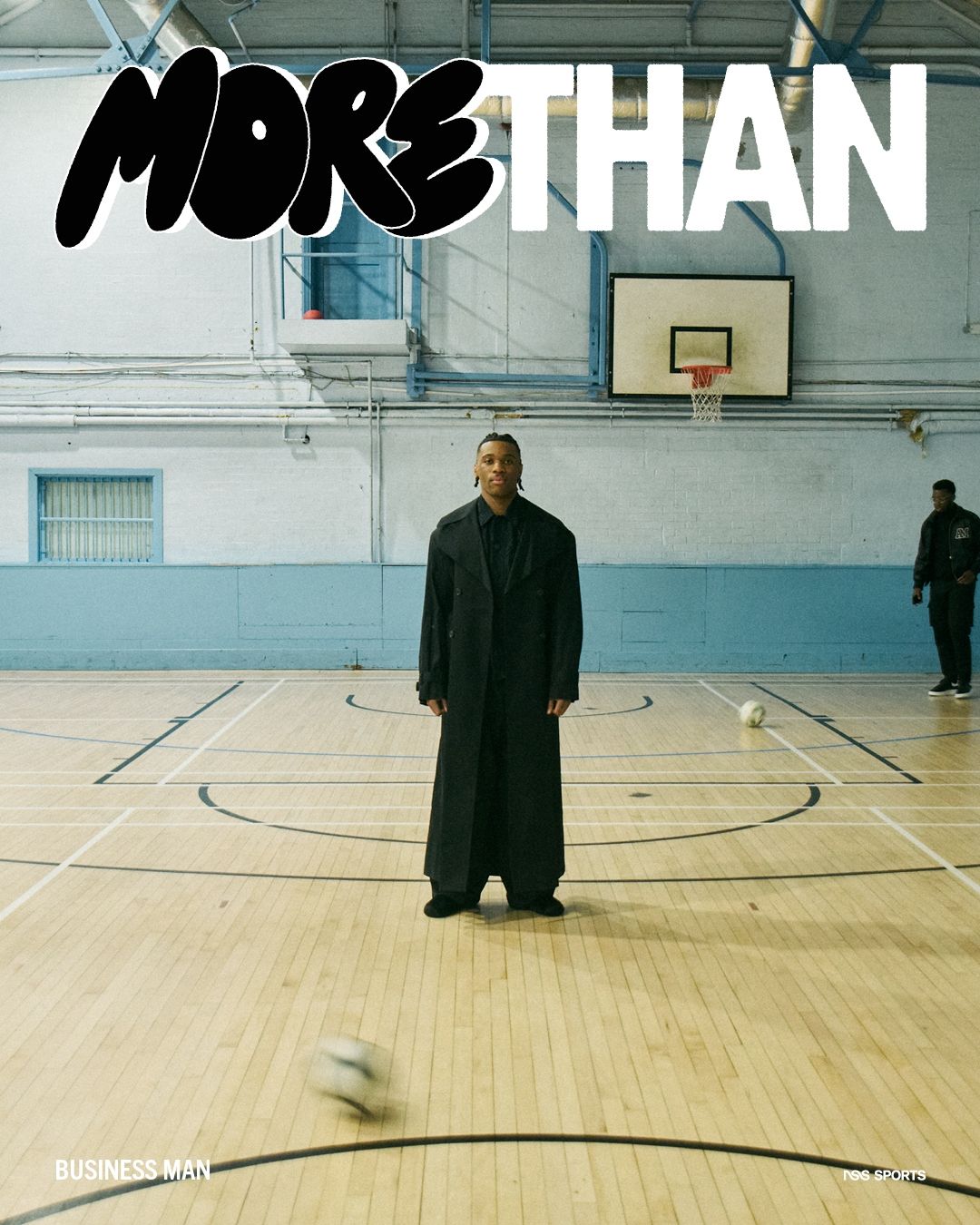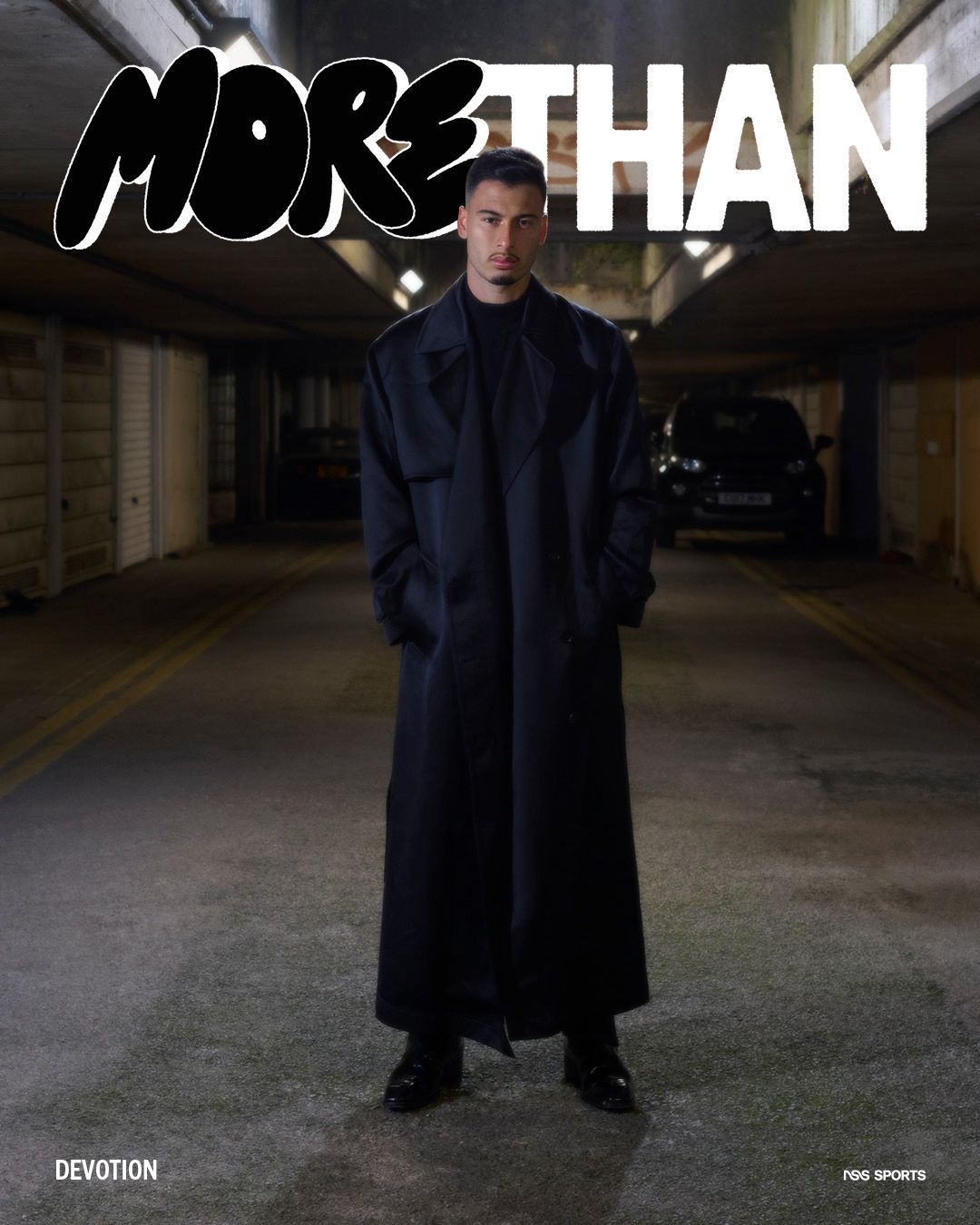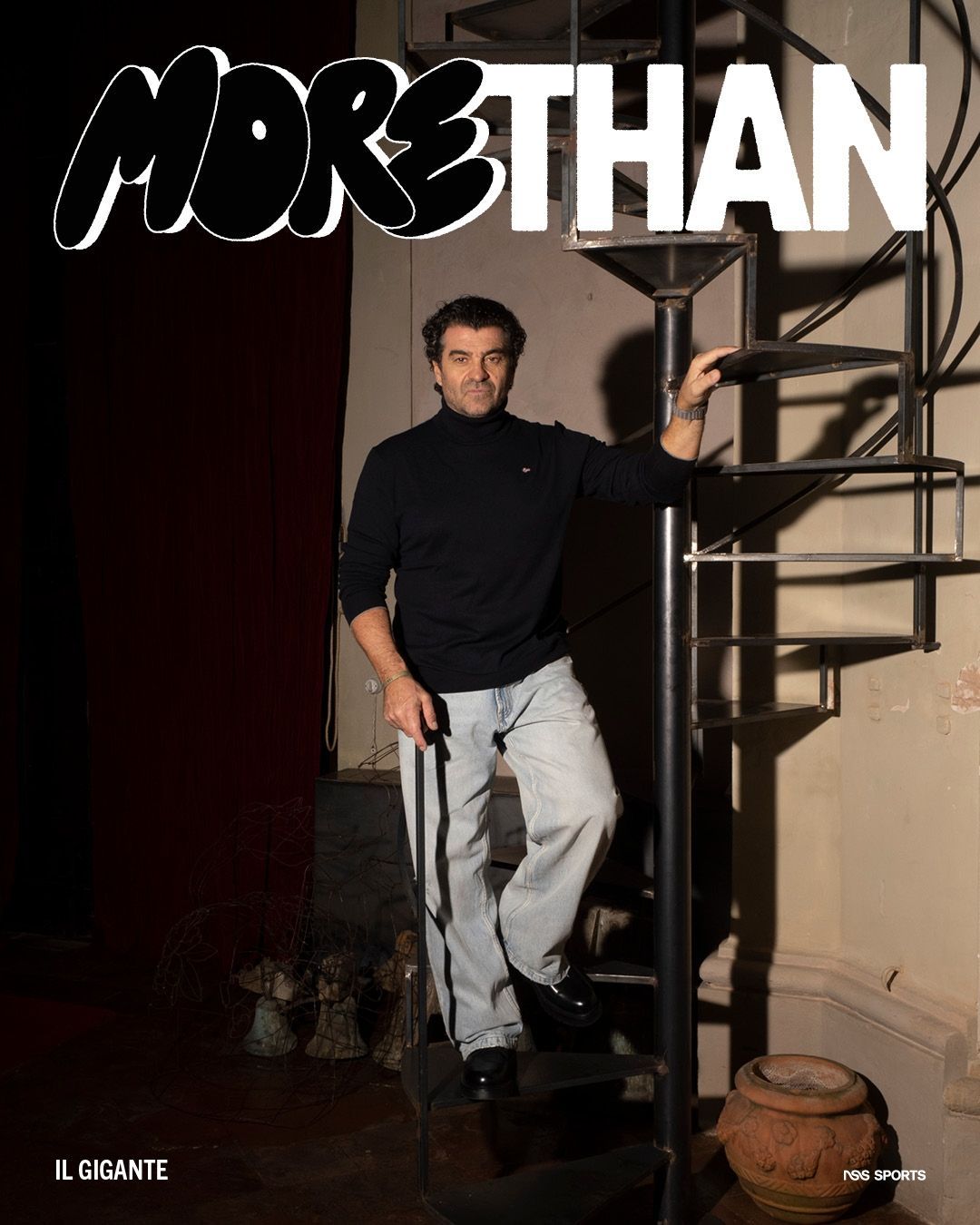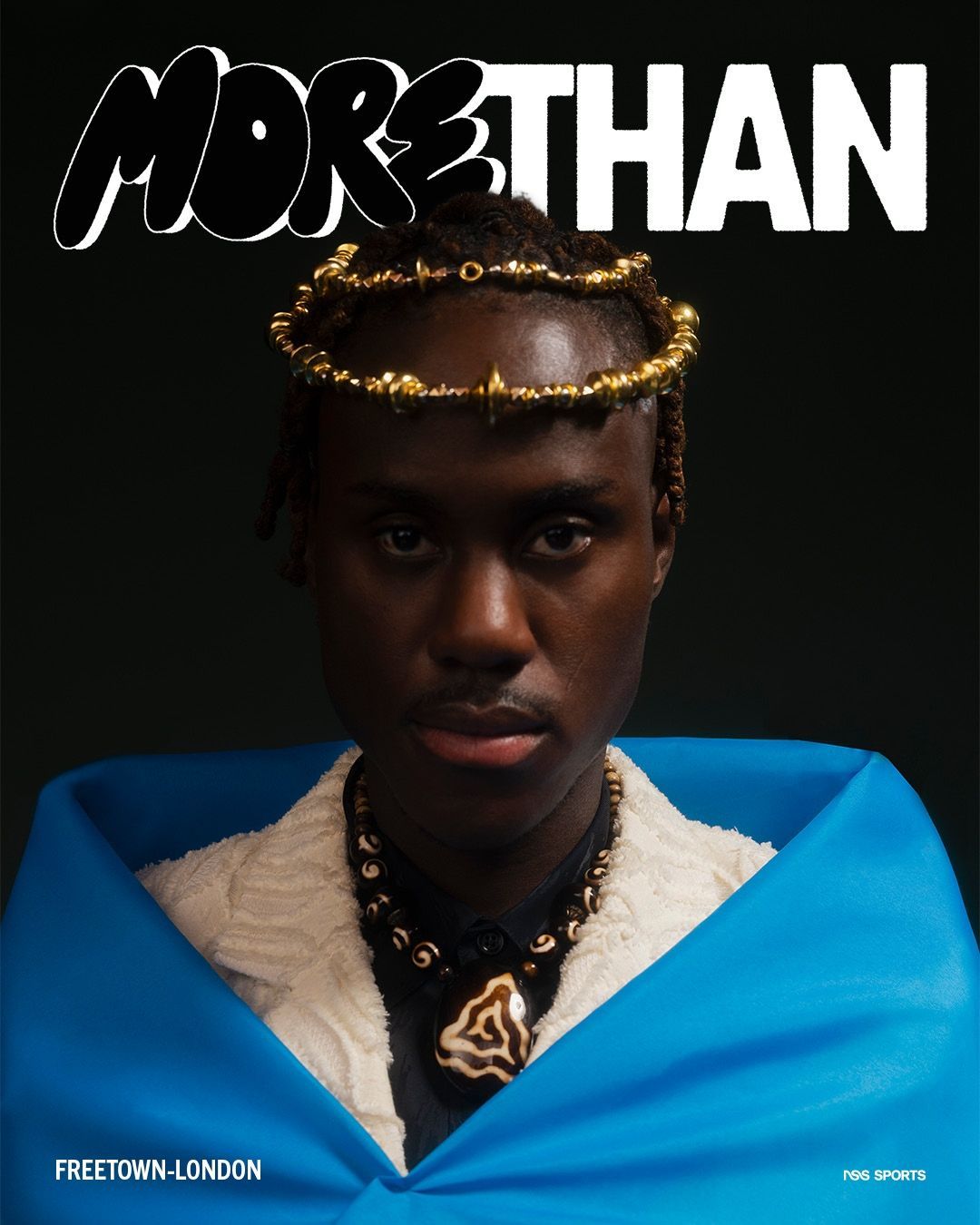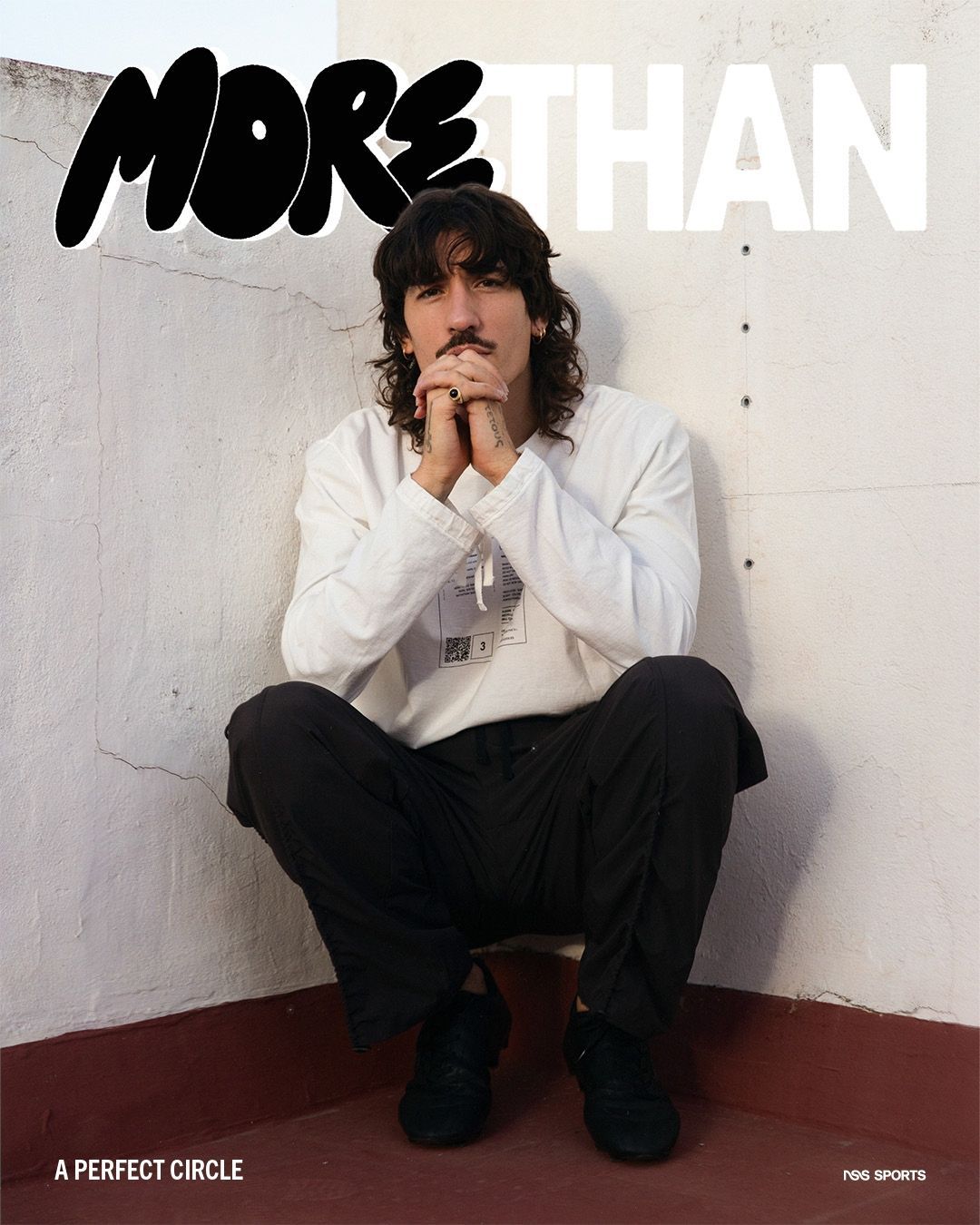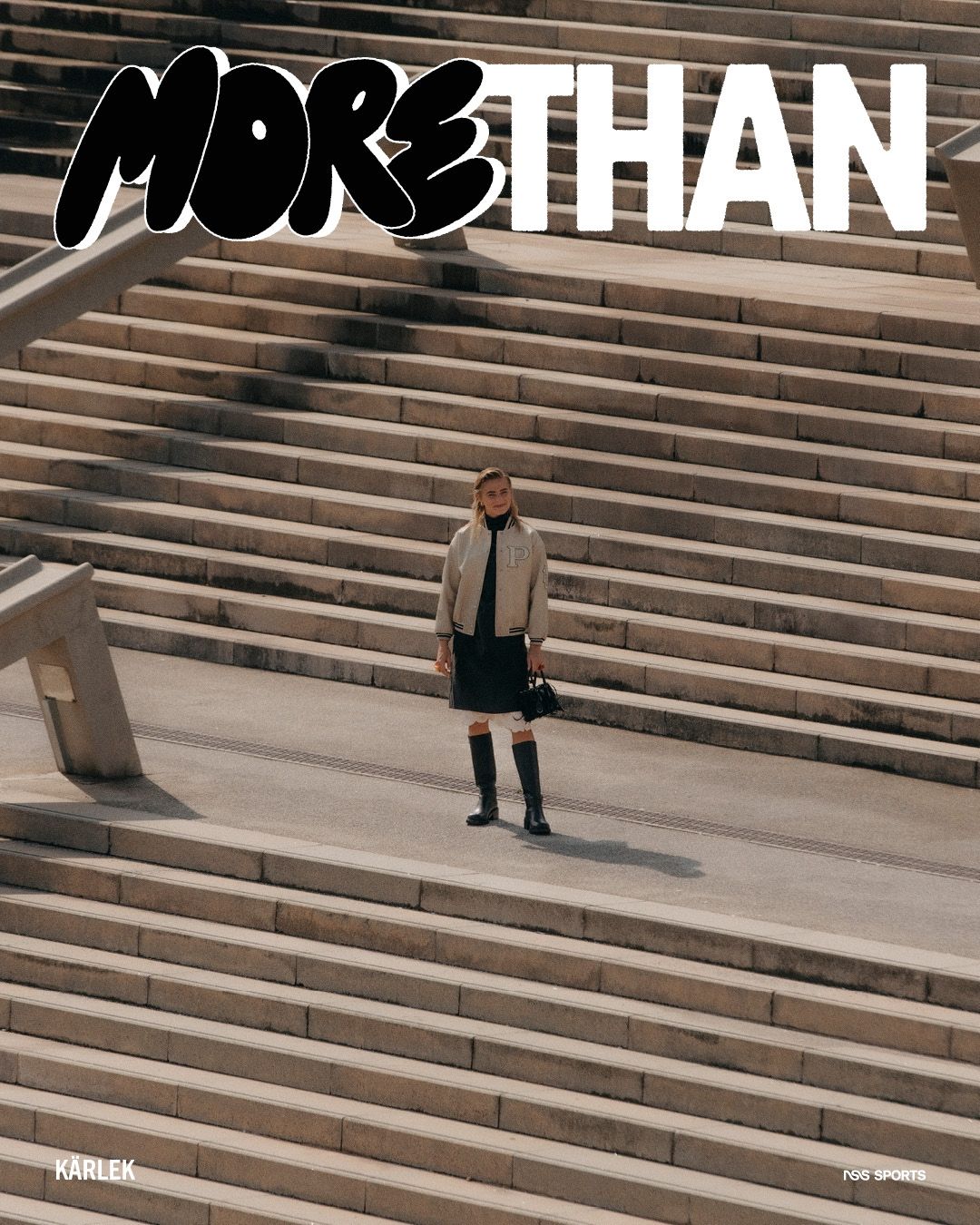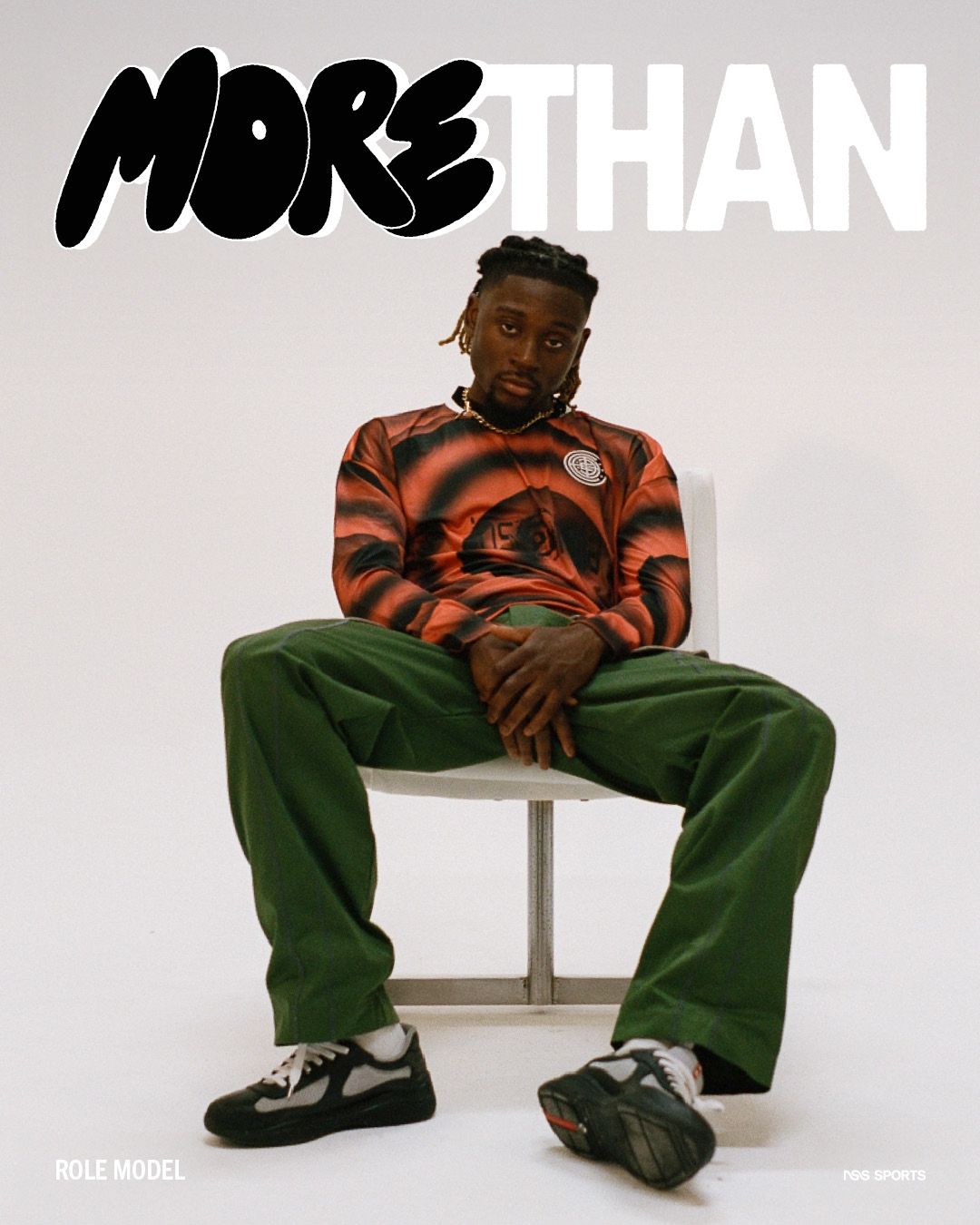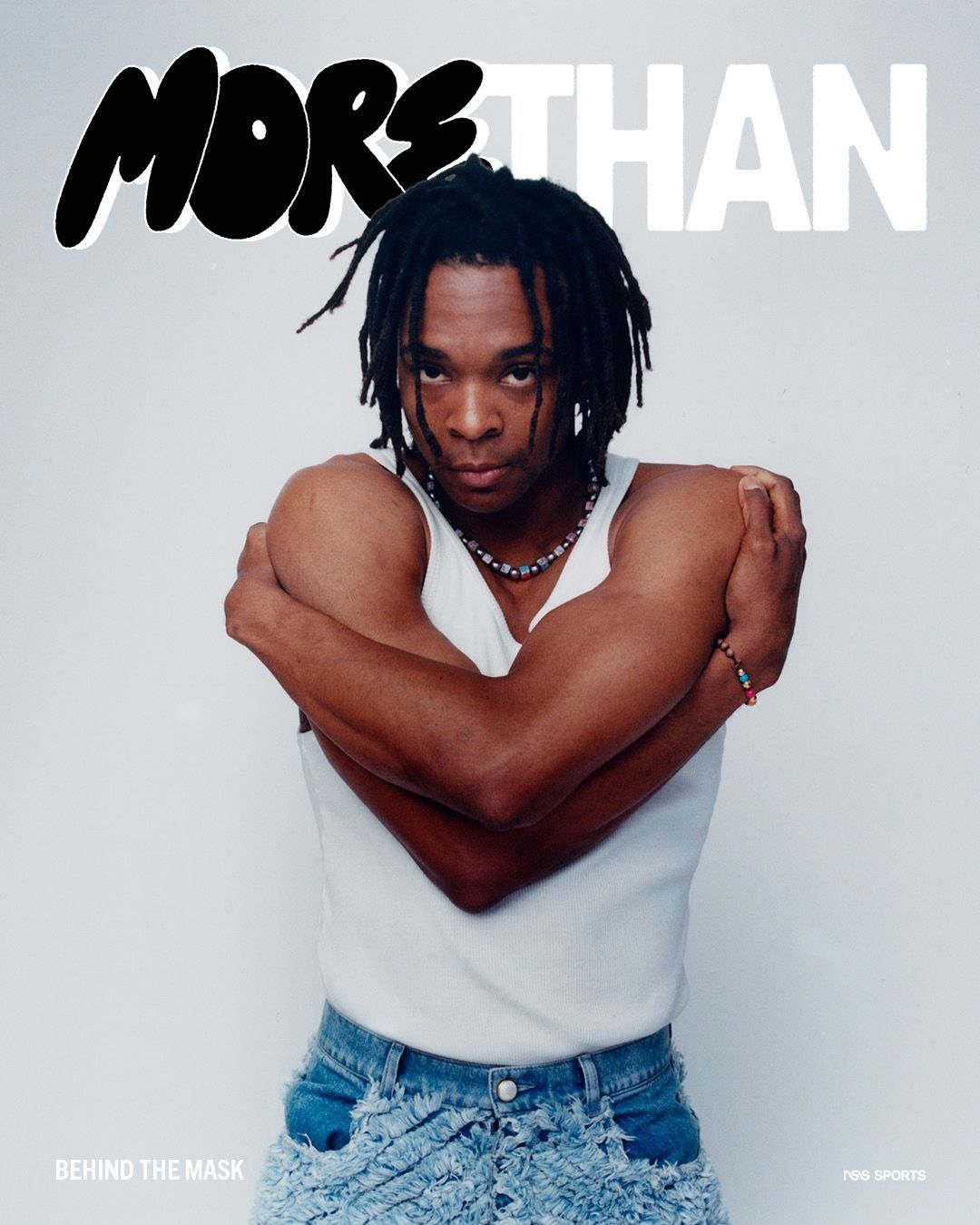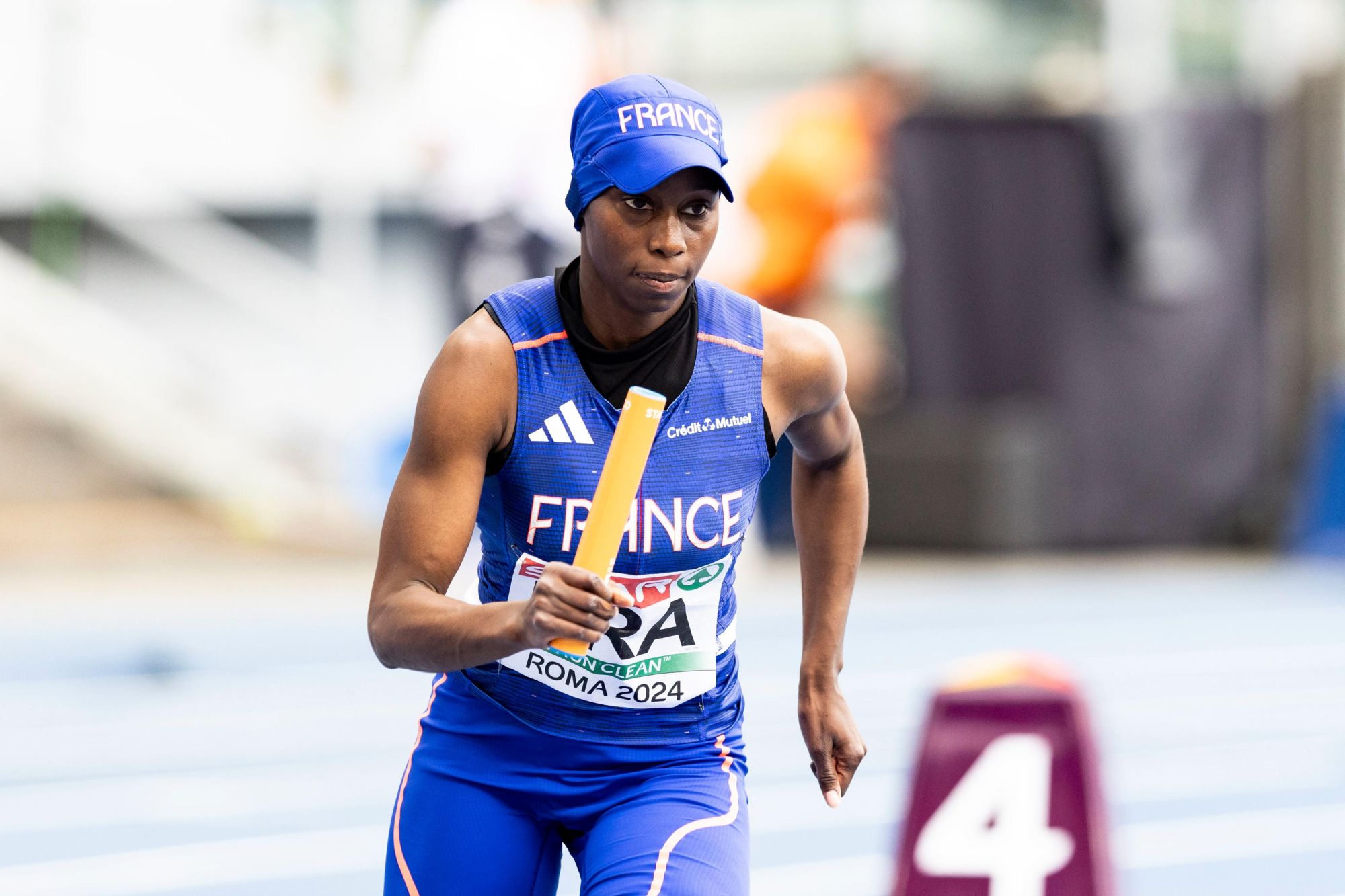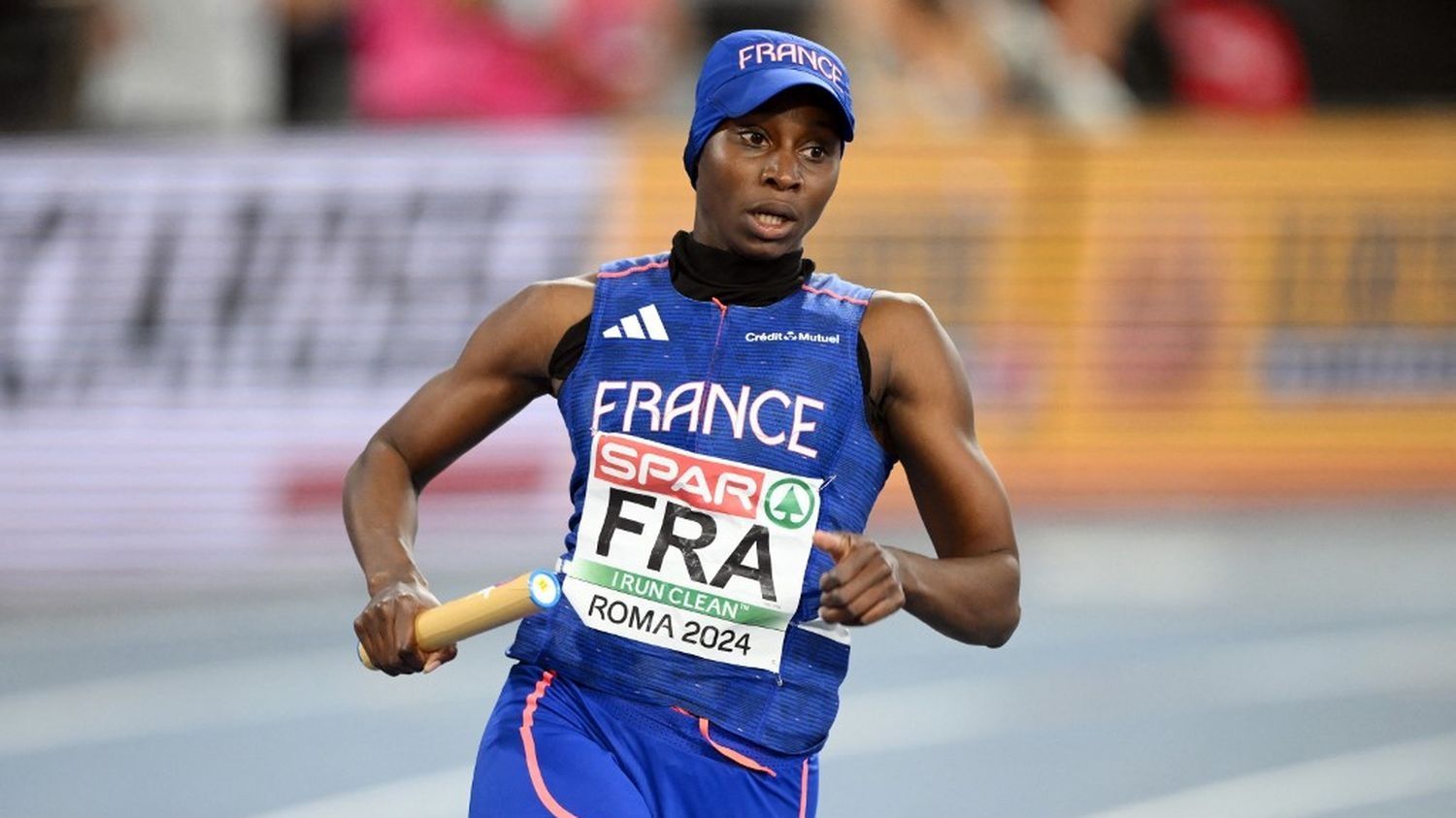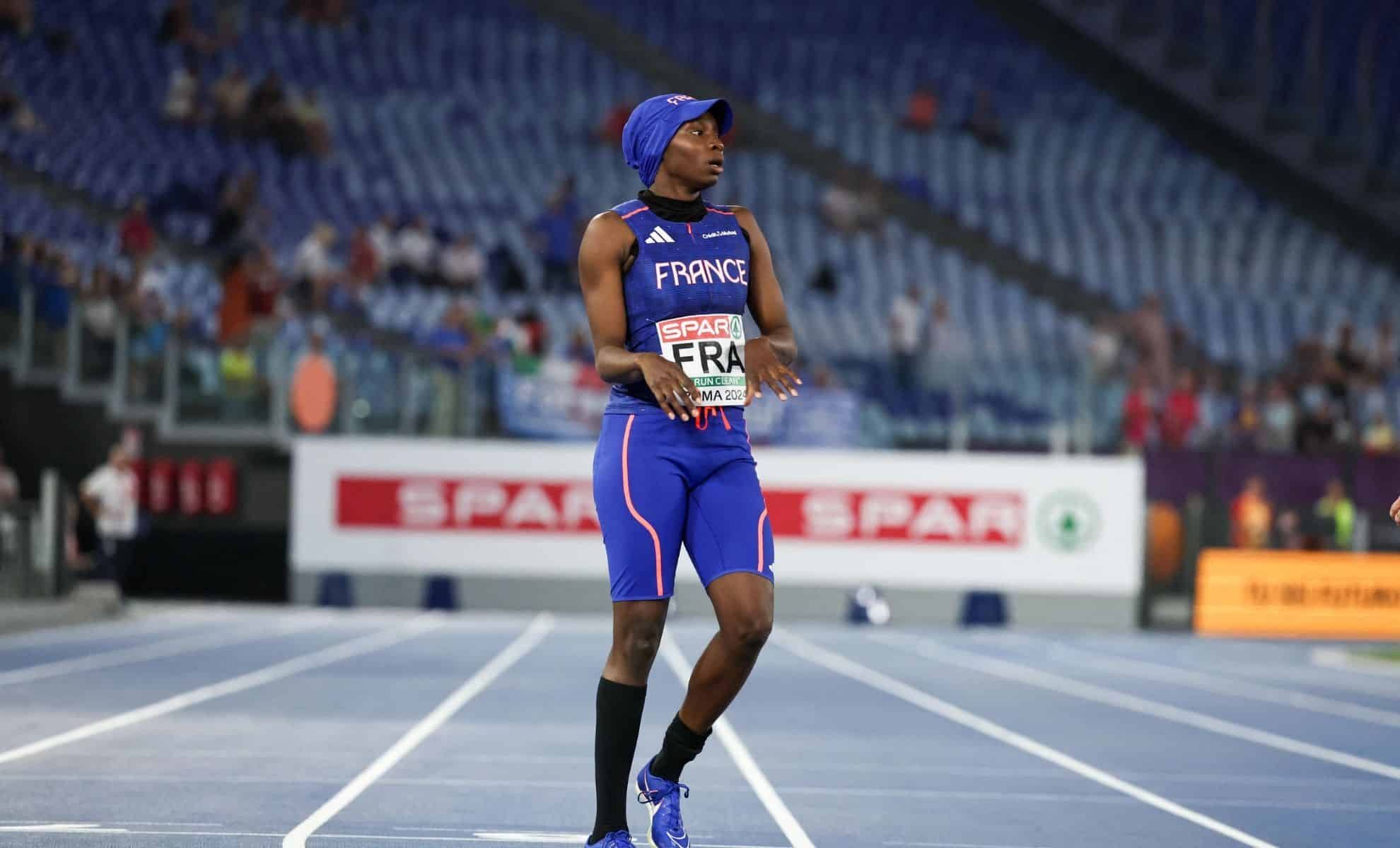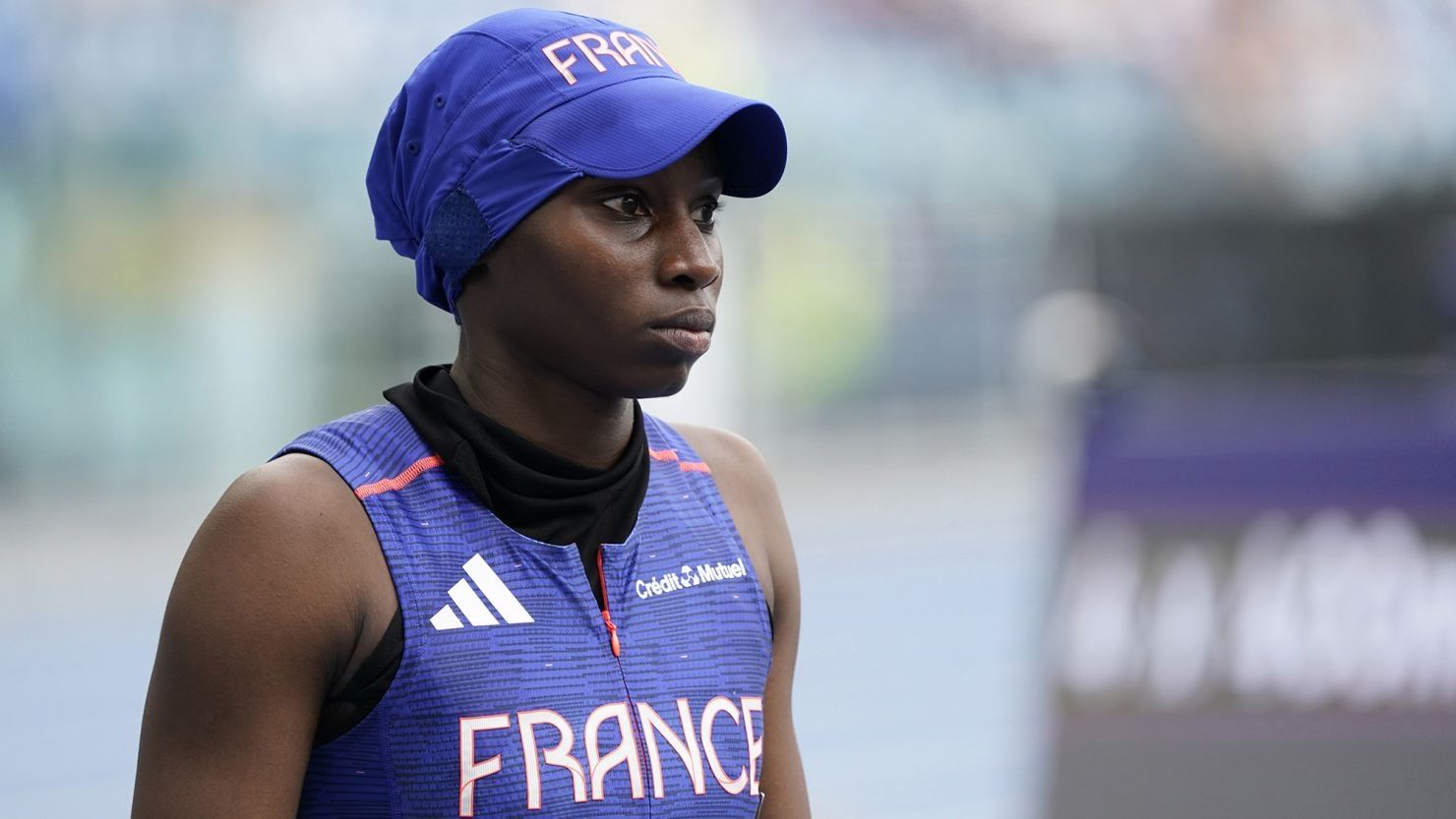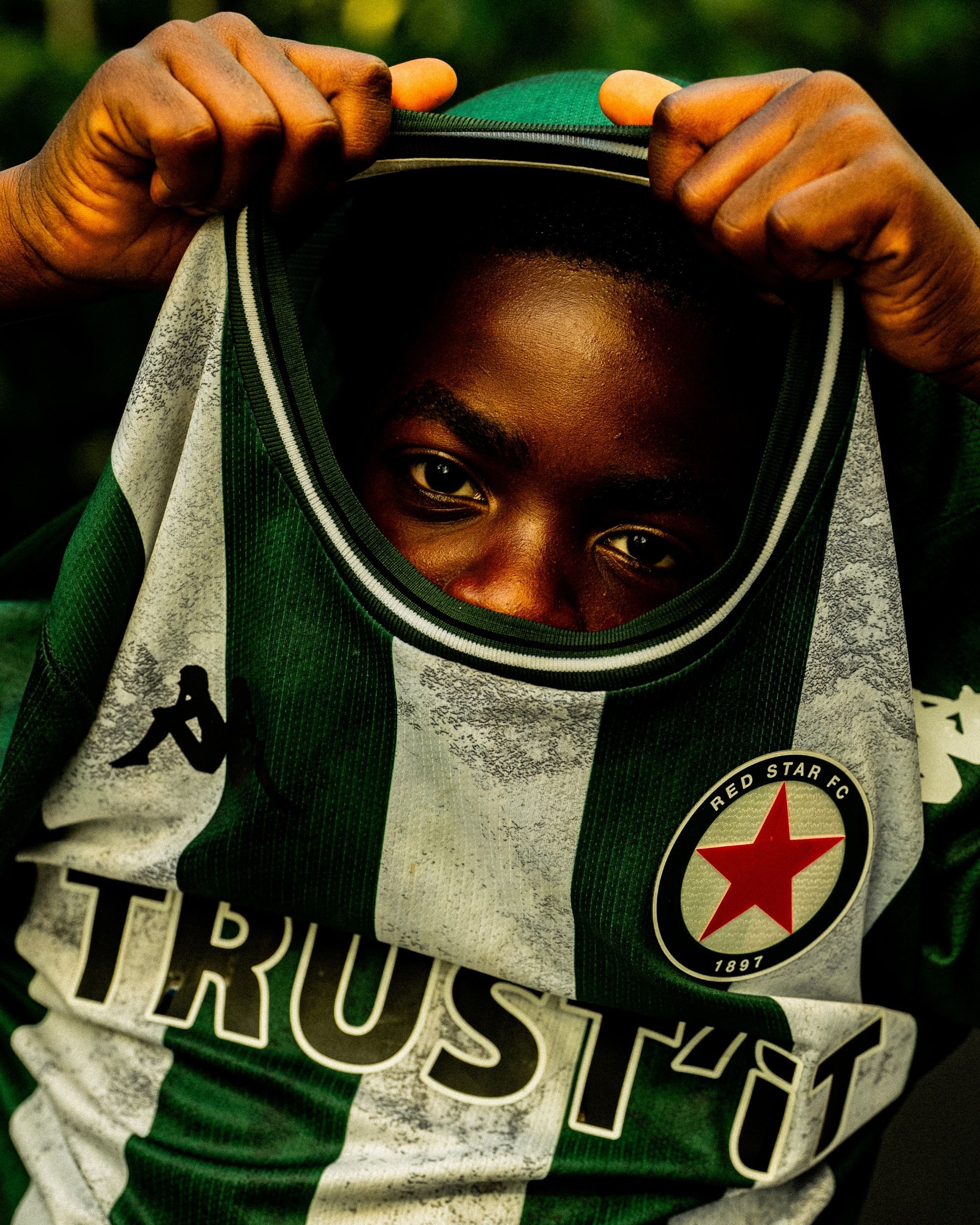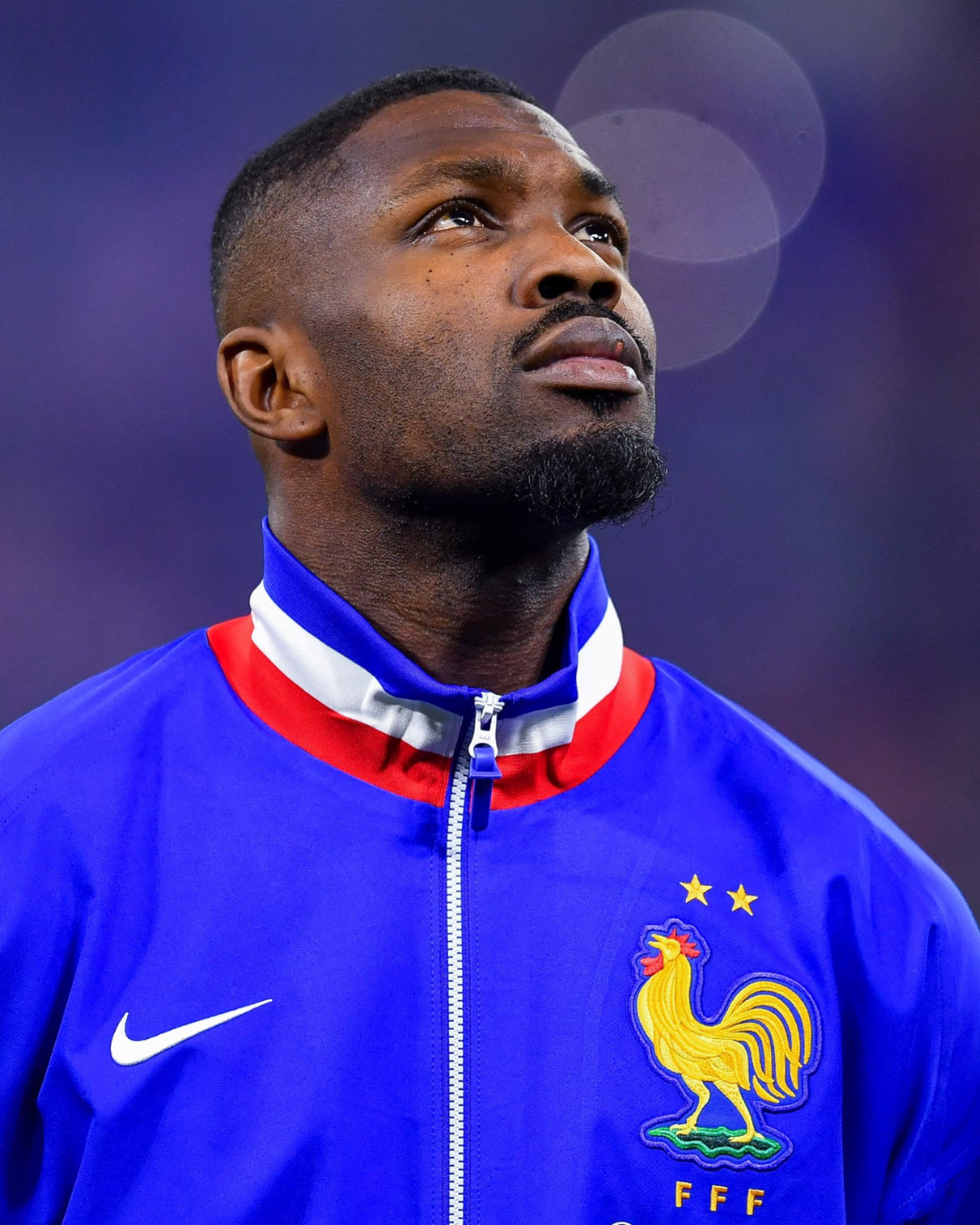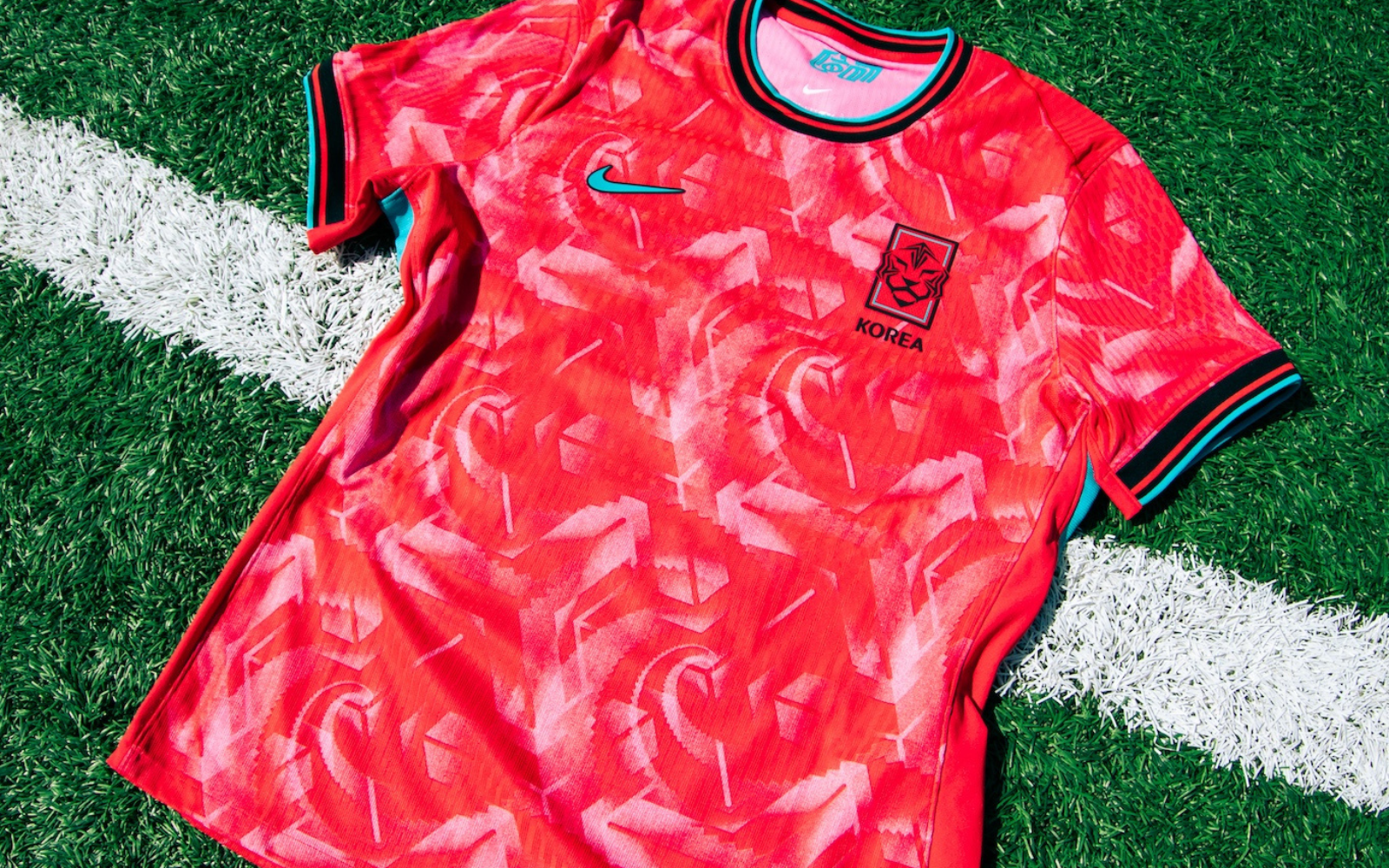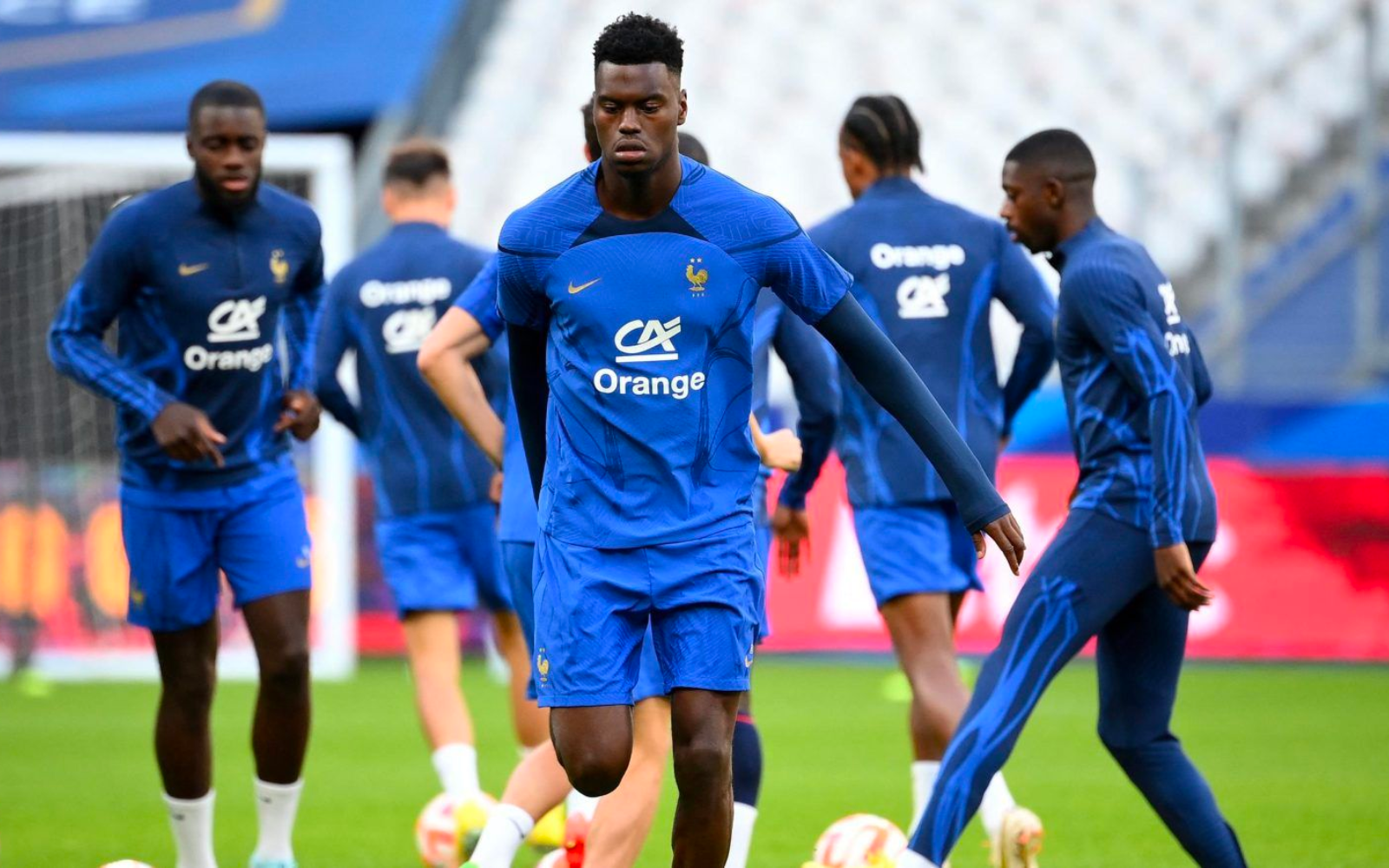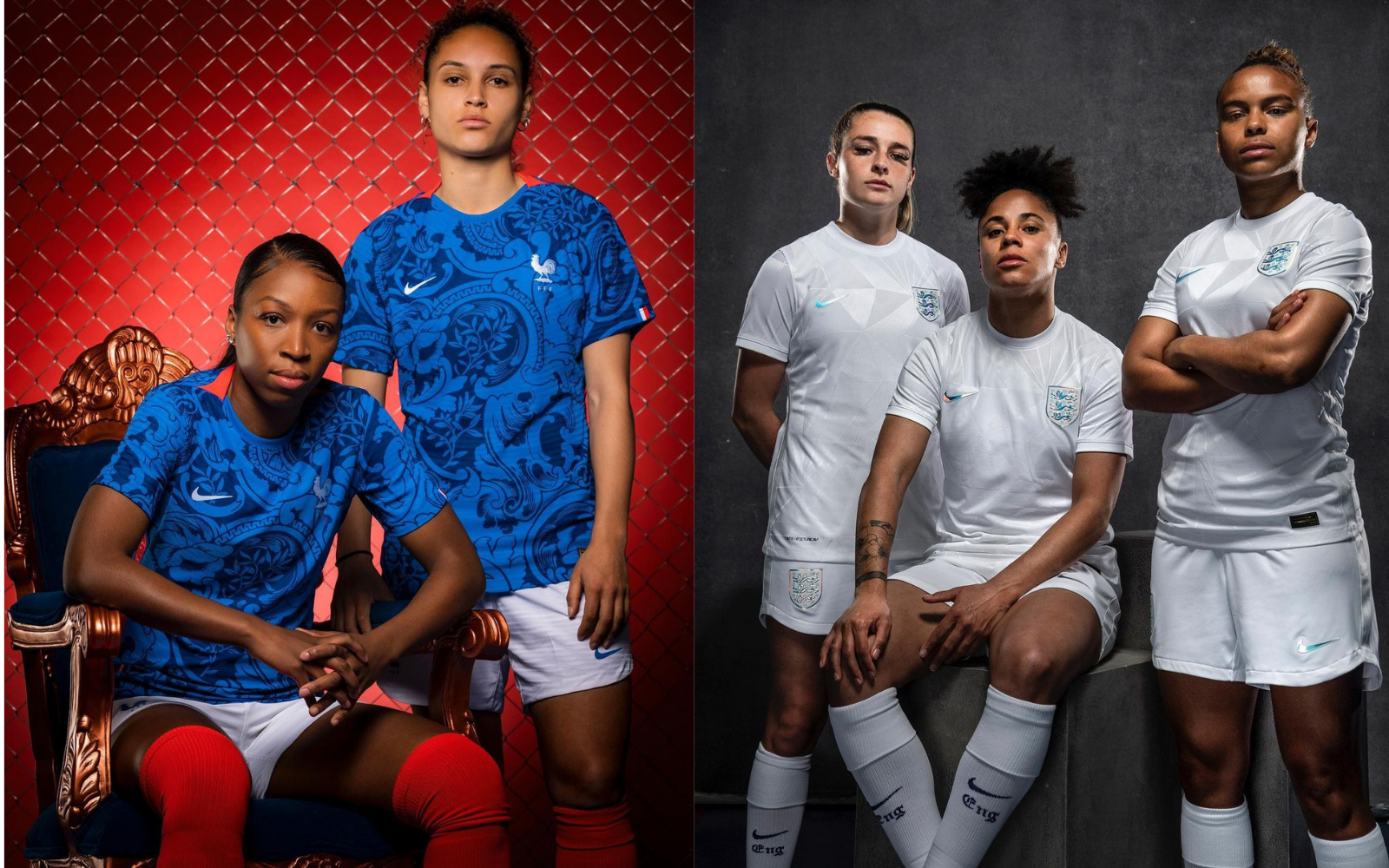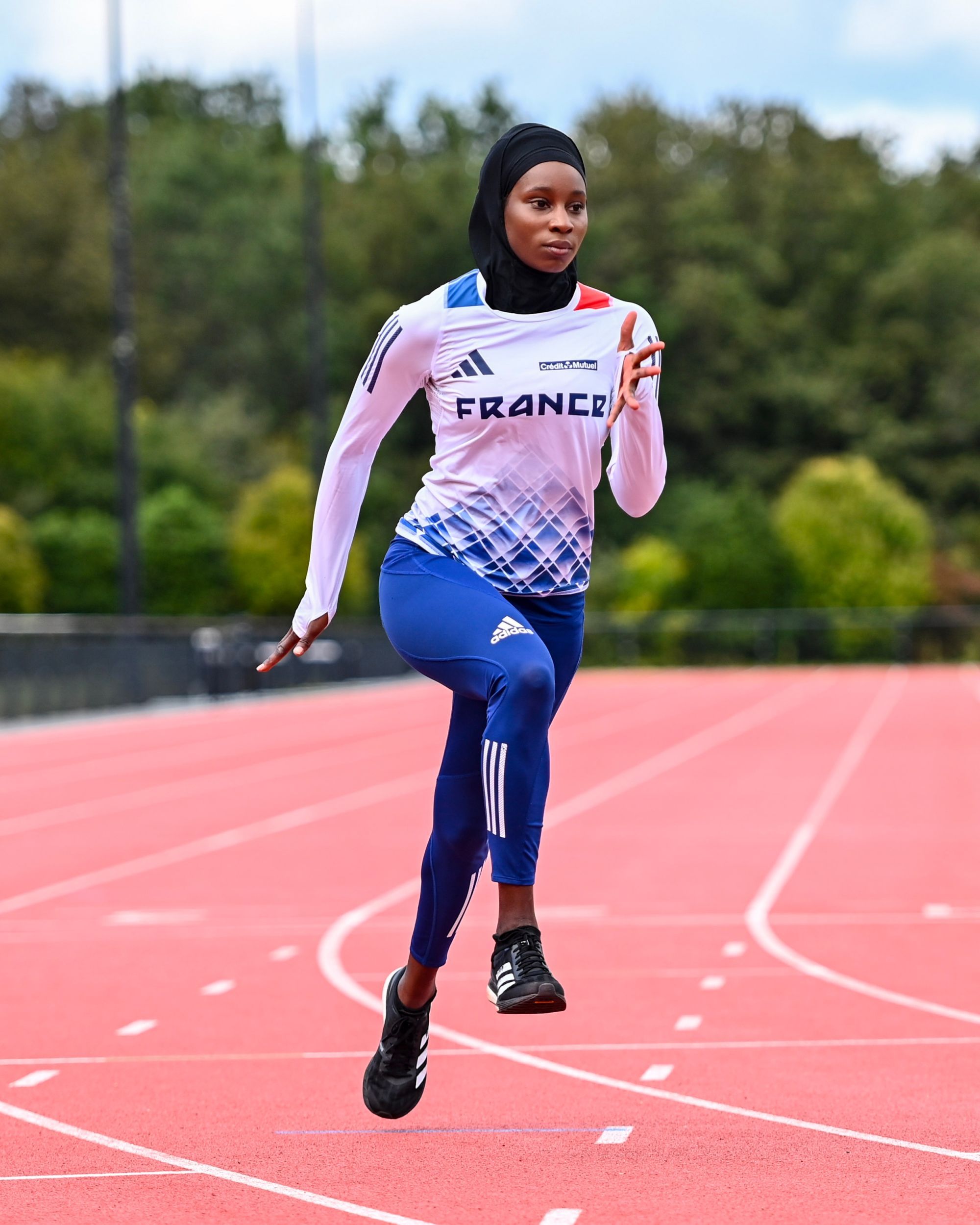
French sport's crusade against the hijab Disguised as neutrality, discrimination attacks the inclusive principles of sport
After the fierce debate that preceded and accompanied the Paris 2024 Olympic Games, the presence of the hijab in women’s sports continues to fuel a heated political and cultural clash in France. Over the past two years, the divide has played out on a global stage over the ban on the hijab for French Olympic athletes. Today, the dispute returns to the domestic sphere, though along the same lines. On one side, those who, in the name of laïcité, call for restrictions on what they deem ostentatious religious symbols; on the other, a growing front that advocates for inclusivity as a founding principle of sport and denounces discriminatory policies that mainly affect Muslim female athletes.
A French Exception
In the coming months, the Assemblée Nationale will debate draft law Savin no. 993, aimed at transforming bans already introduced by various federations into state law, further tightening an already restrictive system. This initiative is rooted in twenty years of prohibitions: from the 2004 law banning conspicuous religious symbols in schools, to the football federation’s statute that banned all symbols on the pitch in 2015, and the State Council ruling in 2023 upholding the ban in women’s football. "France is currently the only European democracy that systematically bans the hijab from national competitions", notes Slim Ben Achour, a lawyer specializing in anti-discrimination law and fundamental freedoms. "In most neighboring countries, federations allow the hijab — I’m thinking of Germany, Spain, the United Kingdom" — and many more could be listed, considering France was the only Olympic delegation in 2024 among over 200 to impose such a ban.
This discrepancy is evident in the regulations of other countries, as well as in clothing and equipment guidelines issued by the Olympic Committee and transnational bodies like FIFA and IFAB, which allowed the hijab in 2014. FIBA followed the same path in basketball in 2017, World Athletics did so in 2012 for track and field, and the UCI for cycling in 2018. The veil is accepted in competitions virtually everywhere, and in parallel, major sportswear brands have launched their own lines and campaigns: from Nike’s Pro Hijab to adidas and Under Armour collections, including Speedo full-body swimsuits, Rip Curl wetsuits for surfing, and Patagonia gear for veiled climbers. In France, however, restrictions persist, and as Ben Achour emphasizes, this is "an exception that risks keeping young Muslim women away from competitions for a long time, creating systemic discrimination".
Anti-Hijab Positions
The most recent case in France involves volleyball, where starting from the 2024/25 season, FFVolley has imposed a ban at all levels, adding to a patchwork already including football, basketball, and rugby. Athletics and handball remain the only Olympic sports without such regulation — but differences among federations would vanish if the Savin proposal becomes law. The bill was passed by the Senate last February and is now in the hands of the Commission des Affaires culturelles, awaiting debate in the fall and a potential enforcement in 2026.
The bill is strongly supported by the far-right Rassemblement National and backed by the presidential majority Renaissance and the Republicans — a unified bloc that makes final approval likely. Support isn’t limited to politicians, but also includes the public: according to a poll from the CSA institute for CNews, Europe 1, and Le Journal du Dimanche, 73% of the population supports the ban on sports hijabs, peaking above 90% among those over 65 and right-wing voters, with majority backing even at the center. However, the divide is more generational than ideological, as shown by the sharp drop in support among those under 25 (46%).
Sports Minister Marie Barsacq and Minister for Solidarity and Families Aurore Bergé have tried in recent months to ease tensions, urging stakeholders to avoid generalizations but without altering the executive's stance. They’ve reiterated the need for neutrality on the playing field. What’s presented as secular impartiality, however, stands shoulder-to-shoulder with far-right slogans like "À bas le voile" (“Down with the veil!”). The bill’s sponsor, Senator Michel Savin, called the hijab a "Trojan horse of political Islam" and urged "a swift vote to end all ambiguity".
Reactions
The opposition accuses the government of Islamophobia and of misinterpreting the concept of laïcité. "Why do you want to prevent veiled women from playing sports, in defiance of all international conventions?", asked MP François Piquemal. NGOs like Human Rights Watch and Amnesty International have echoed the criticism, with the latter calling the bill "a barrier to sport for thousands of Muslim women and a discriminatory measure that fuels racism". Also opposing the bill are the Ligue des Droits de l’Homme, which issued a red card to the Savin bill, and civil society groups like Les Hijabeuses (a collective of footballers opposing the FFF ban), Basket Pour Toutes (an amateur basketball network), SOS Racisme, Alliance Citoyenne, the Collectif contre l’islamophobie en Europe, and a group of UN Special Rapporteurs on gender equality and freedom of religion.
The legal battle has already begun: Les Hijabeuses filed a complaint with the European Court of Human Rights, which was deemed admissible on March 25. The verdict won’t be issued before 2026, but it could force the government to revisit the national ban. Meanwhile, a team of lawyers is preparing a "dual track of legal resistance" — including a constitutional challenge before the Conseil Constitutionnel if the Savin law is enacted.
The Sounkamba Sylla Case
On the athletic front, basketball player Salimata Sylla was expelled from a Nationale 3 match two years ago for wearing a headscarf. "Sport is a tool for empowerment — no one can tell us how to dress. You don’t want to include us? Then we’ll include ourselves", she said during one of the self-organized Ball Her tournaments for veiled and non-veiled girls. Running alongside her is Sounkamba Sylla, a 400-meter runner who, on the eve of the Olympics, was forced to drop her hijab and wear a cap instead.
The photo of Sounkamba Sylla at the Paris opening ceremony — cap on head, hijab in pocket — has become a symbol of a supposed impartiality that excludes, discriminates, and inevitably discourages. Sociologist Haifa Tlili, founder of Basket Pour Toutes, confirms this. In her pre-Olympic report, she documents 150 testimonies of humiliation, trauma, and withdrawal from sport due to the ban: "The fear of being humiliated alone keeps many girls from registering," she warns, "and this new law aims to turn fear into policy".
Finally, several global athletes have spoken out during the Olympics: Egyptian beach volleyball player Doaa Elghobashy, Dutch marathoner Sifan Hassan, Egyptian-Emirati runner Manal Rostom, and U.S. fencer Ibtihaj Muhammad. Former German-Turkish footballer Mesut Ozil joined them, writing on X: "Sport should unite — not divide based on what someone chooses to wear. Let these women play".
Everything converges in the hashtag #MonHijabMonSport, and the battle will not end with the Assemblée’s upcoming verdict. It will continue in courtrooms, in grassroots tournaments, and on any playing field where the hijab is restricted. At an event organized in June 2024 by Les Hijabeuses, just before the Games, the organizers reiterated the aim of their movement: "Our fight isn’t about a piece of cloth — it’s about the right to play without discrimination".

